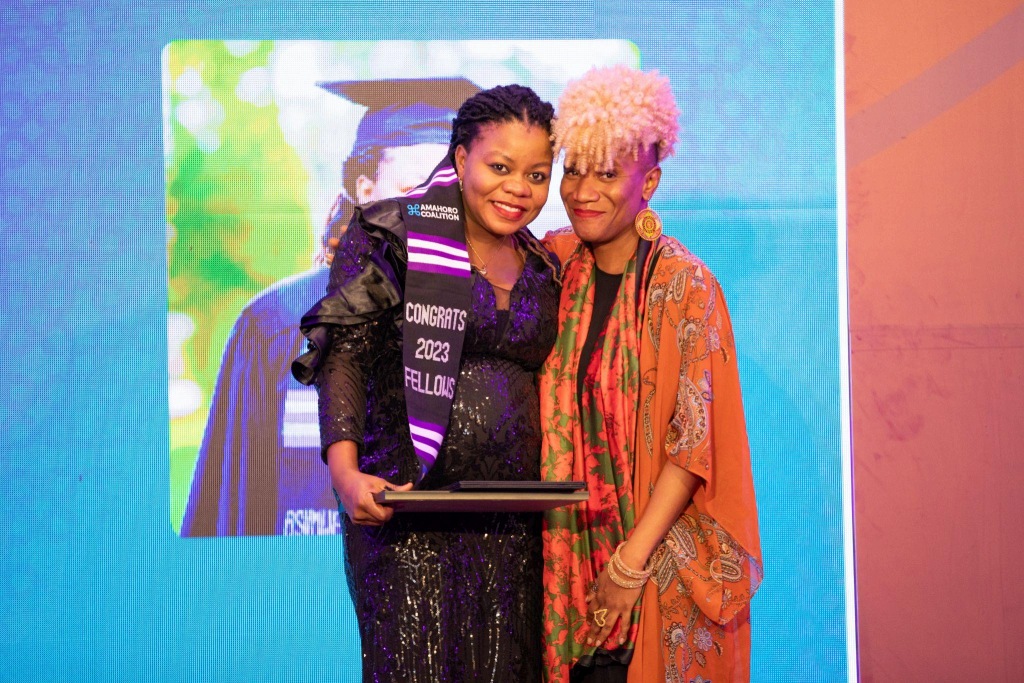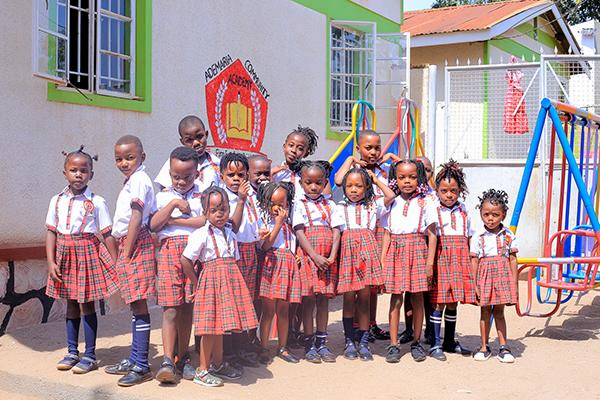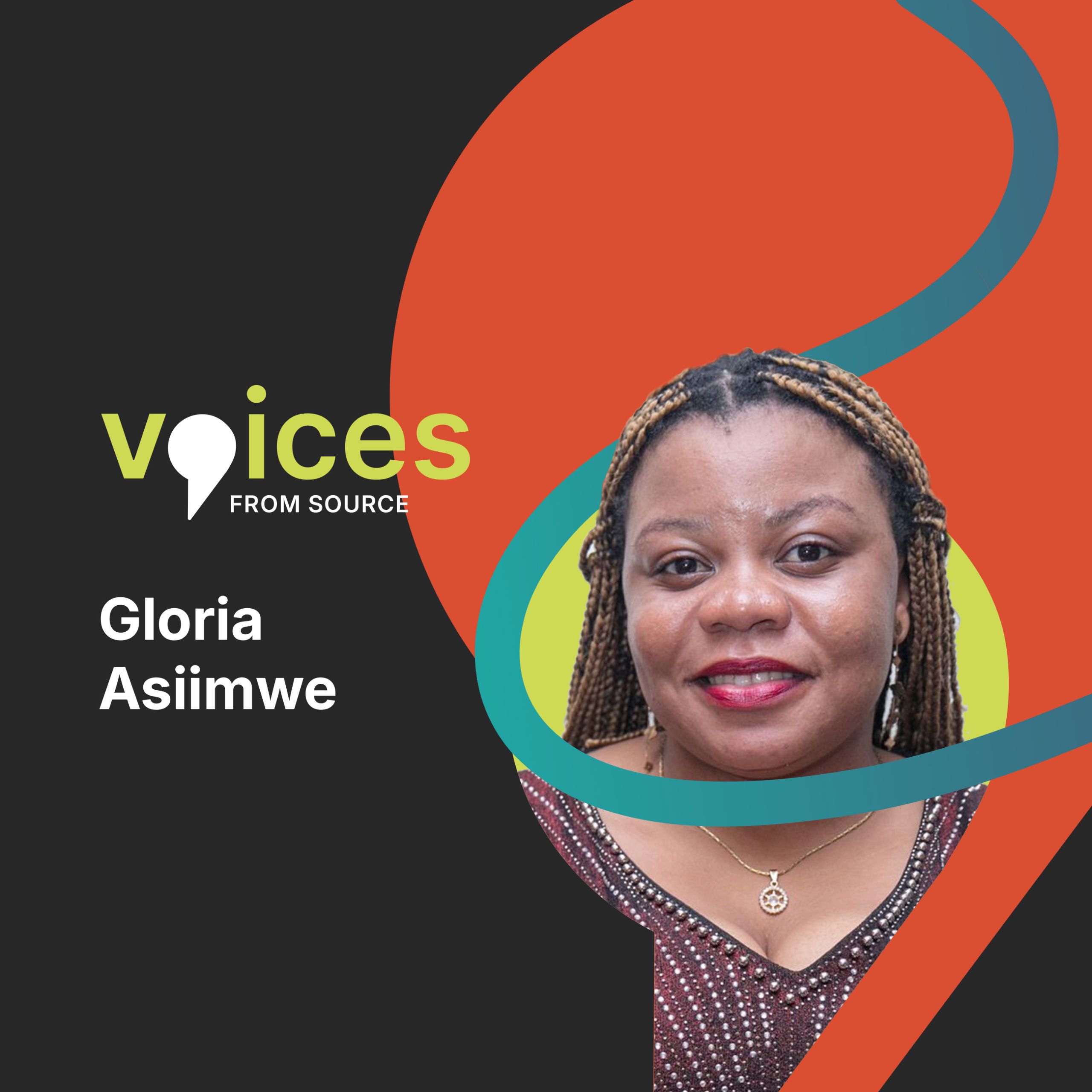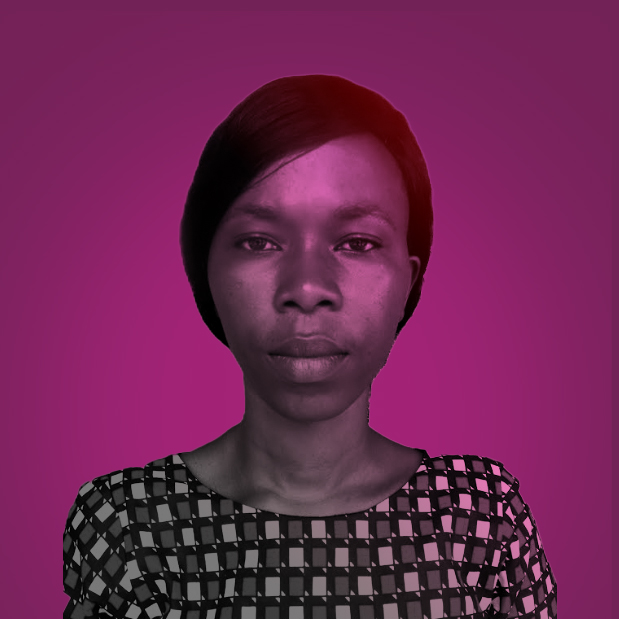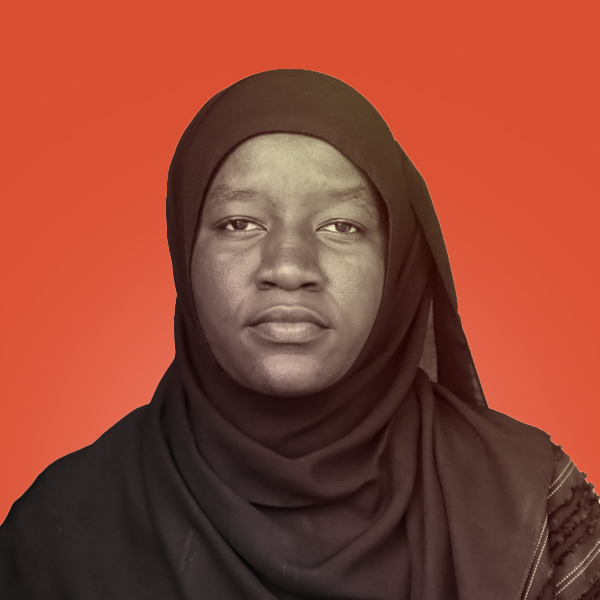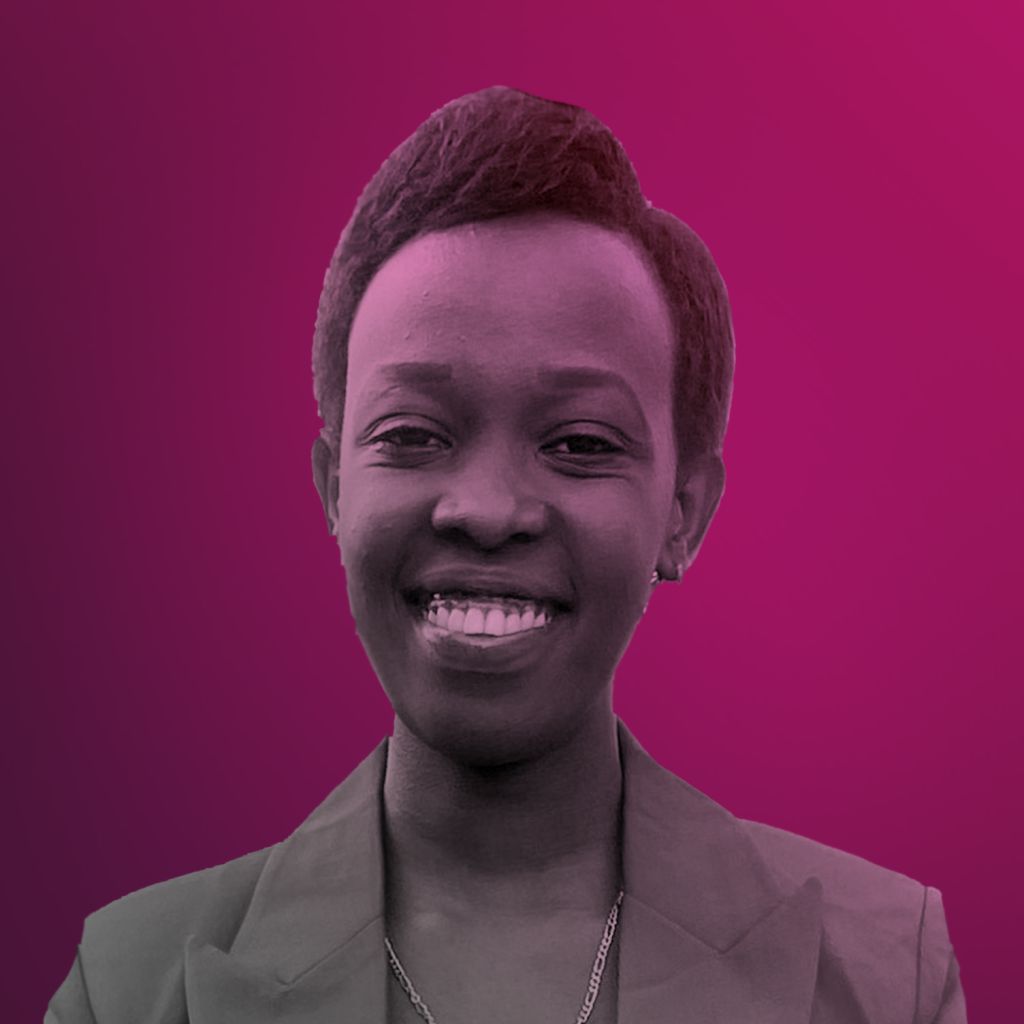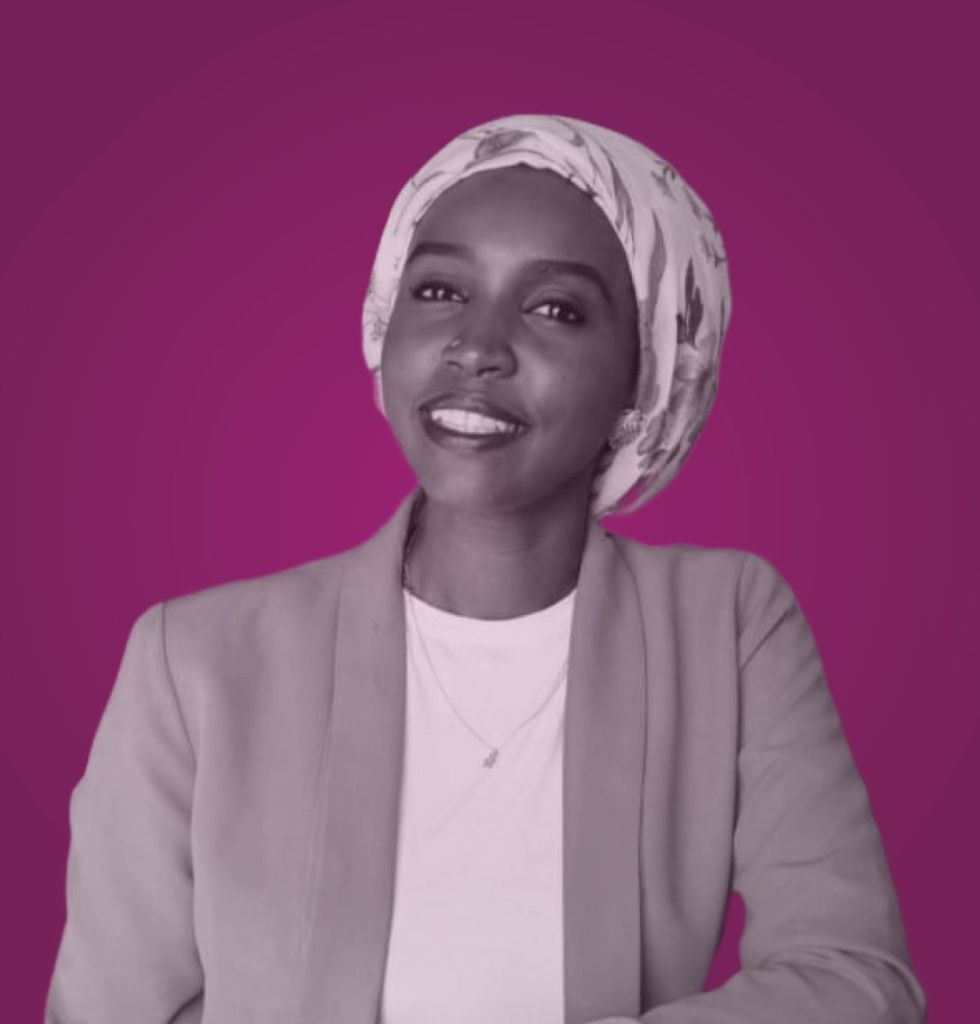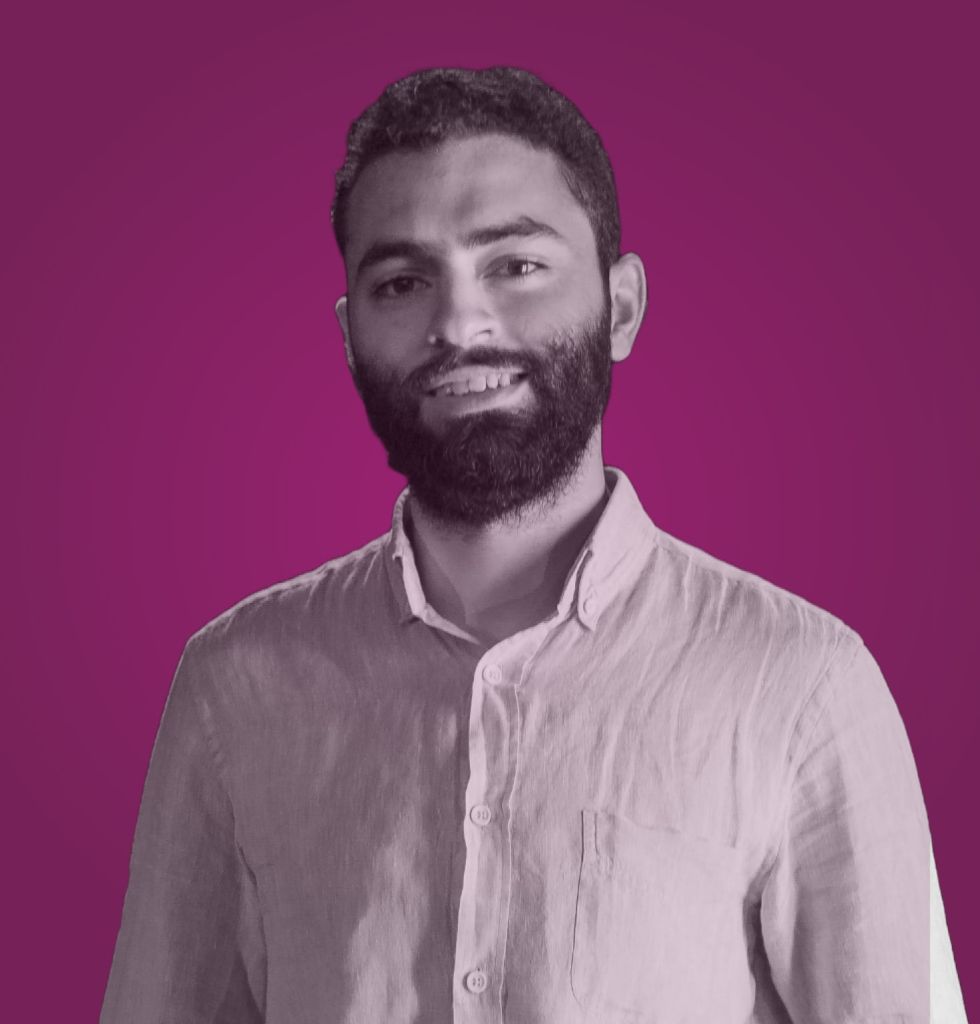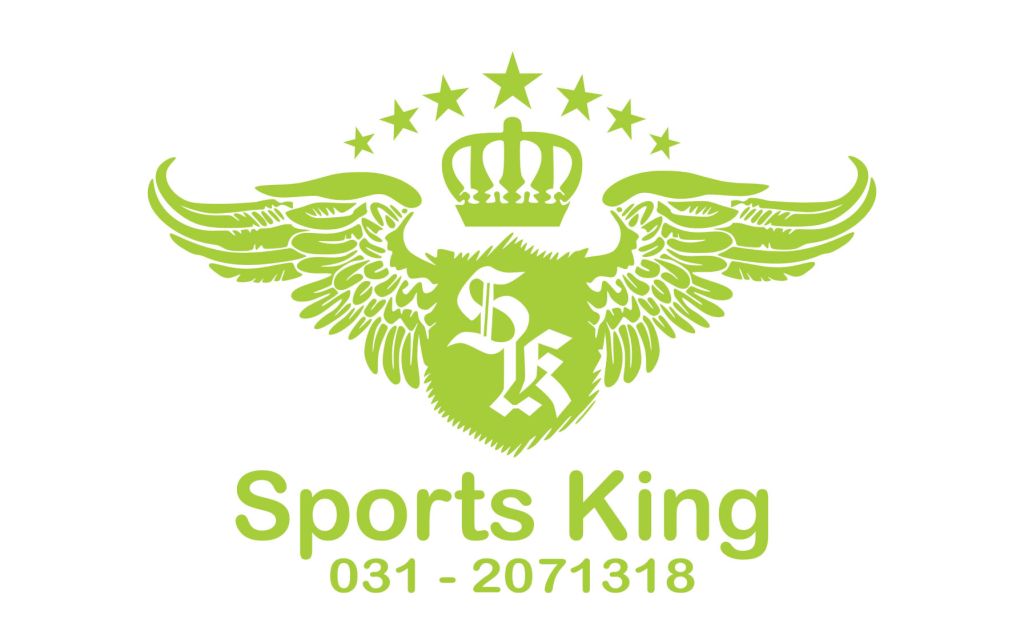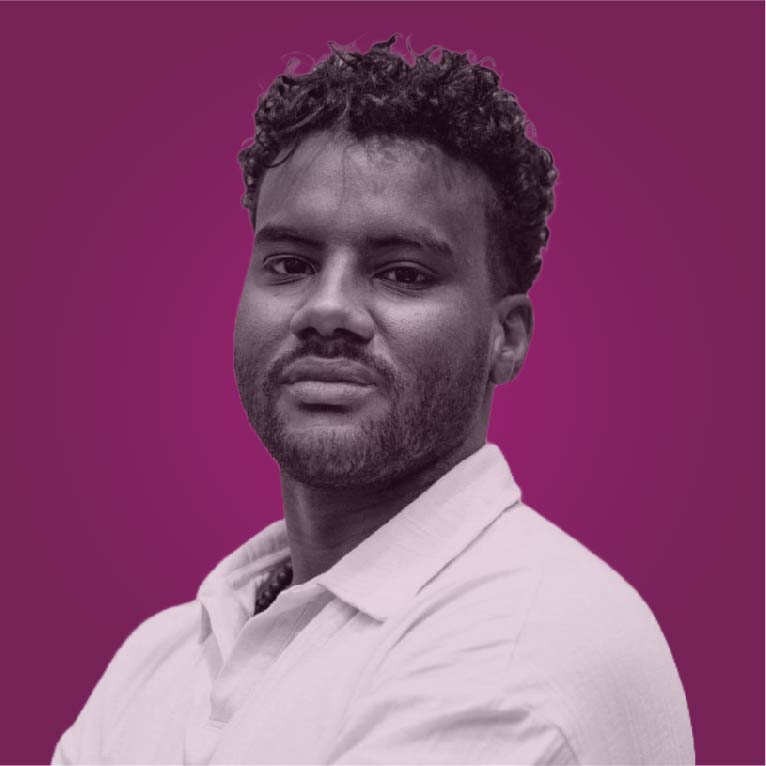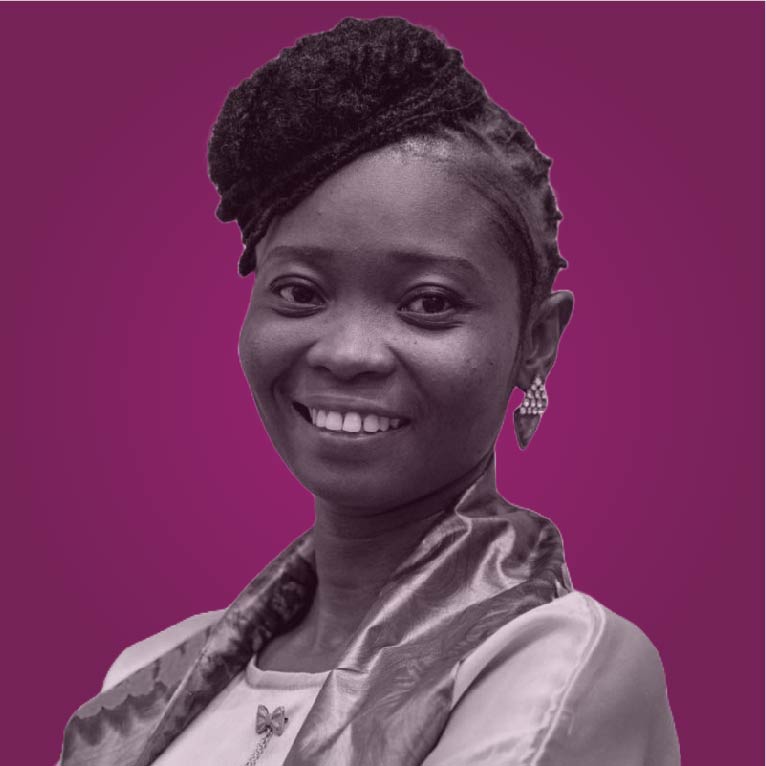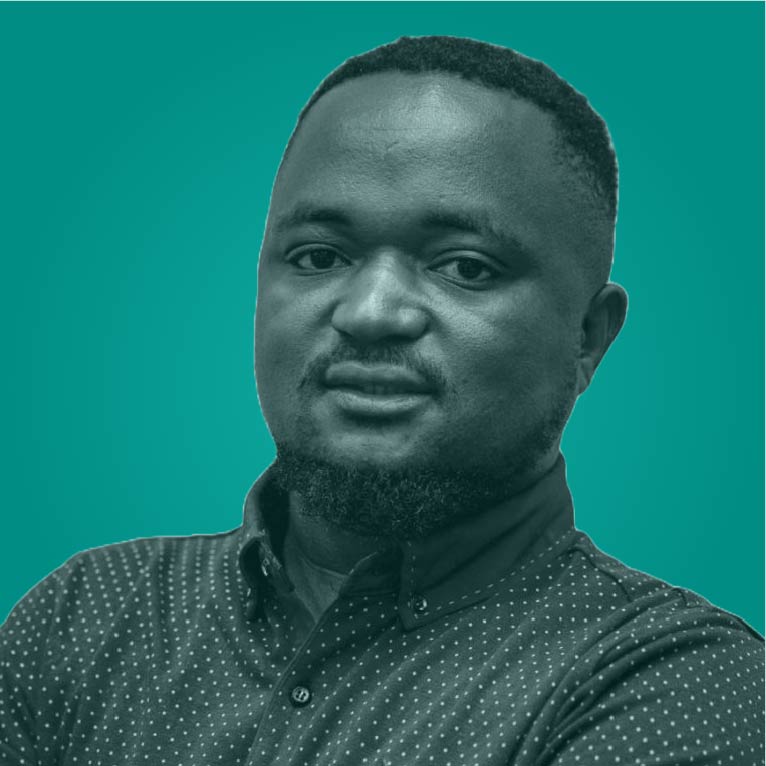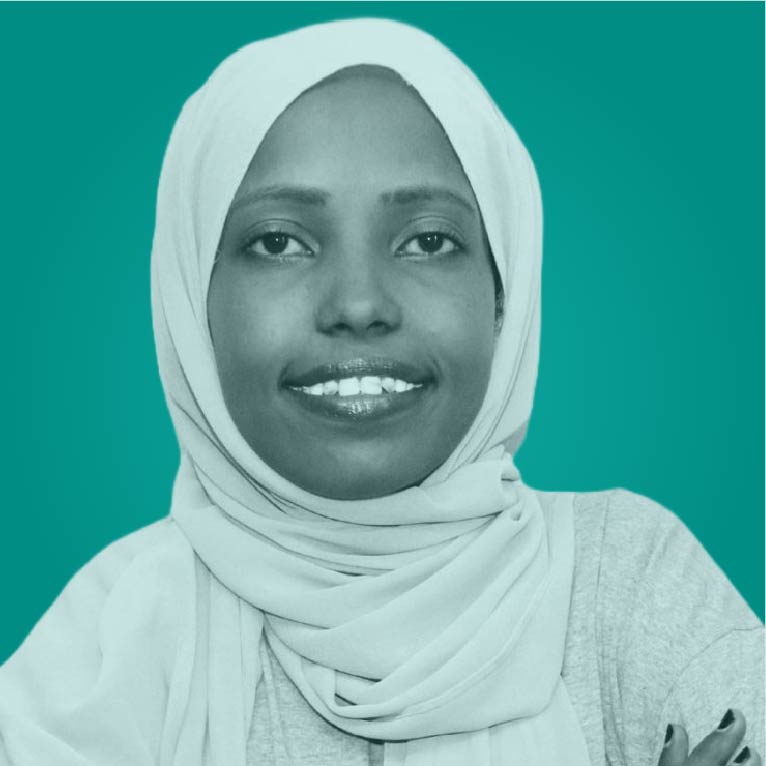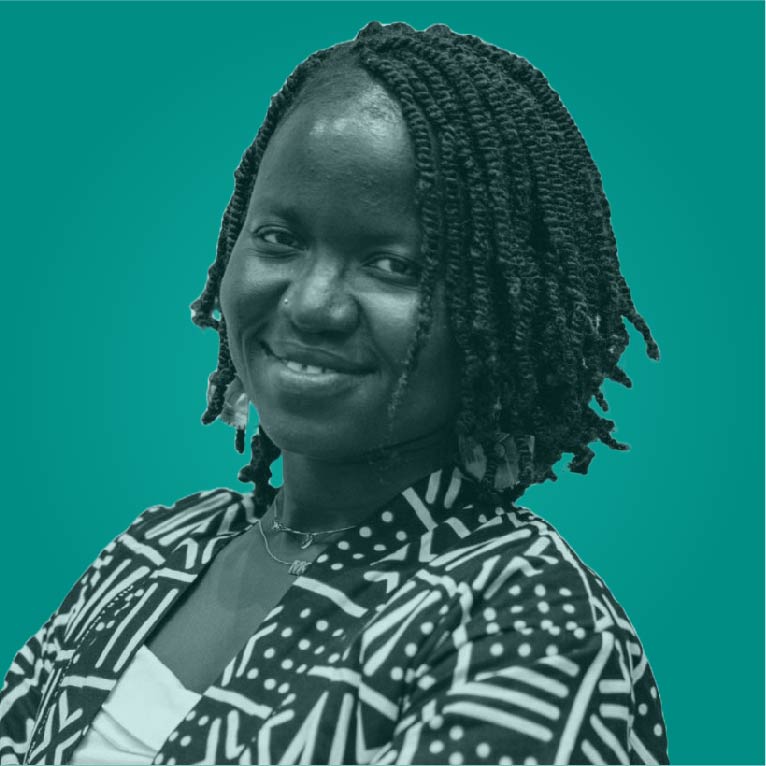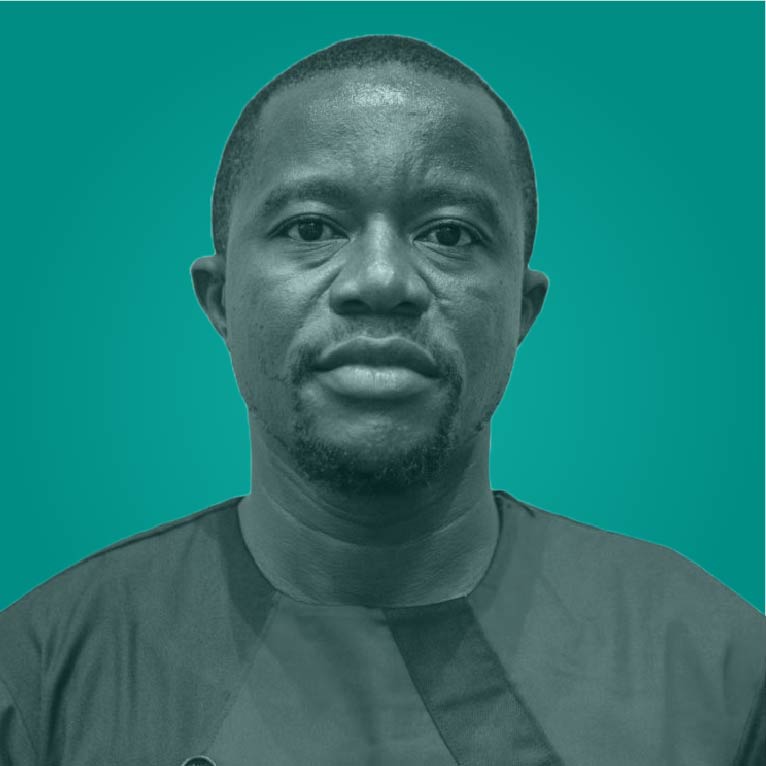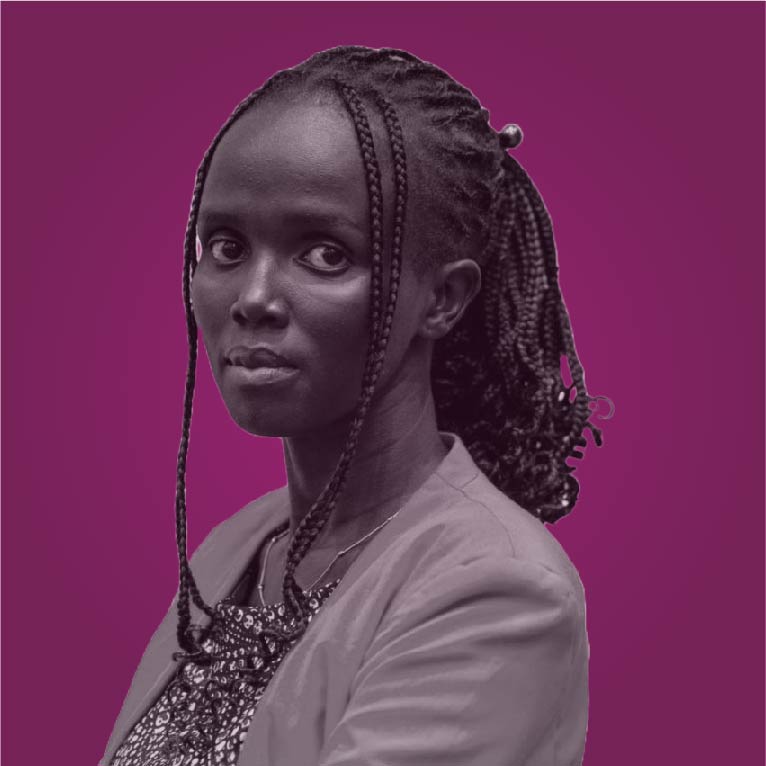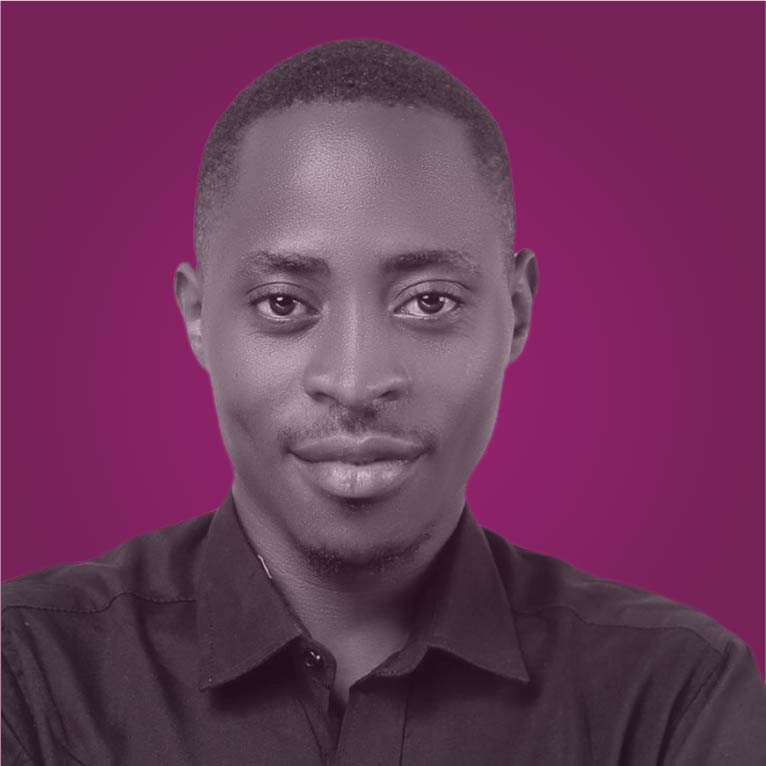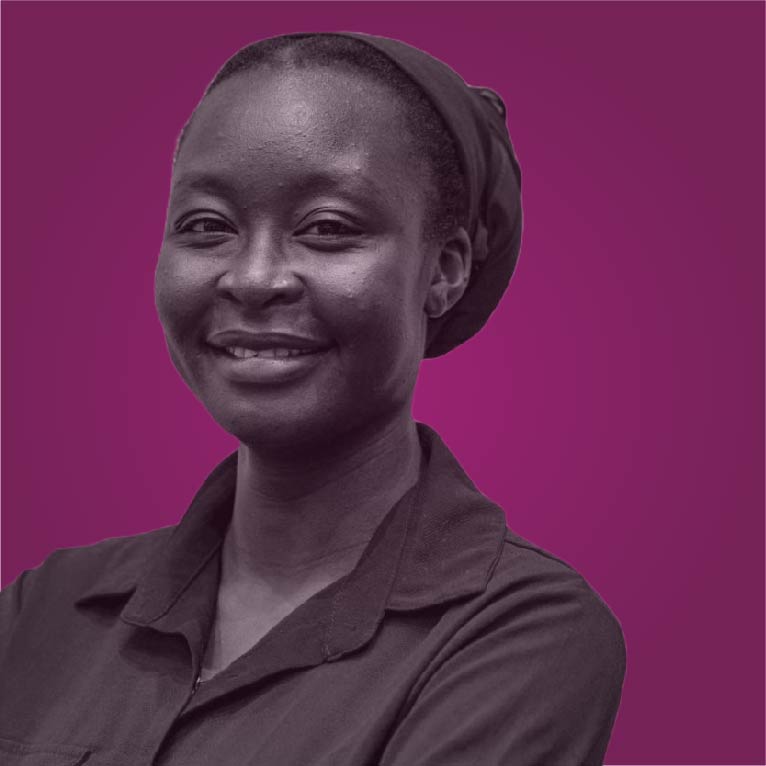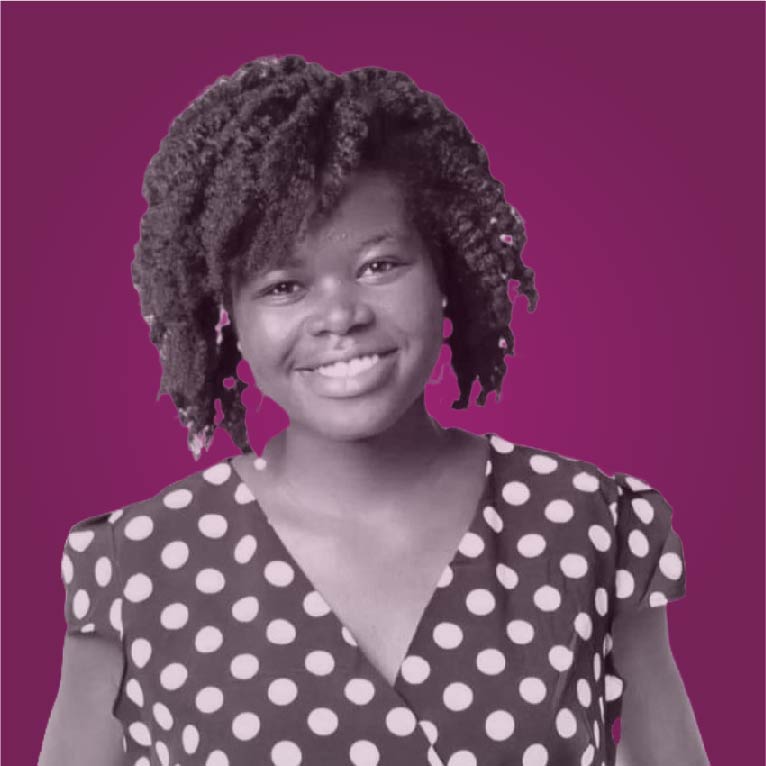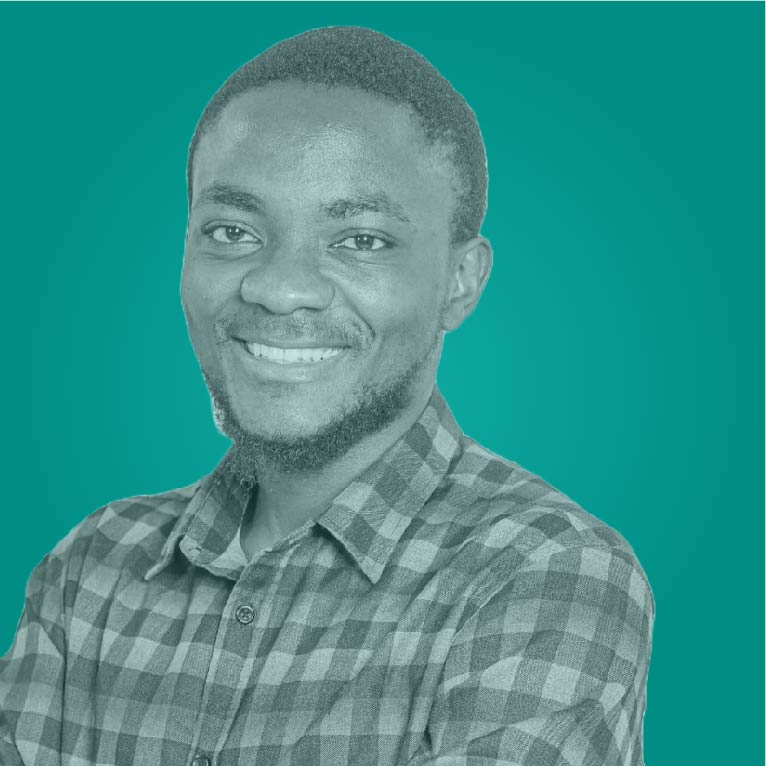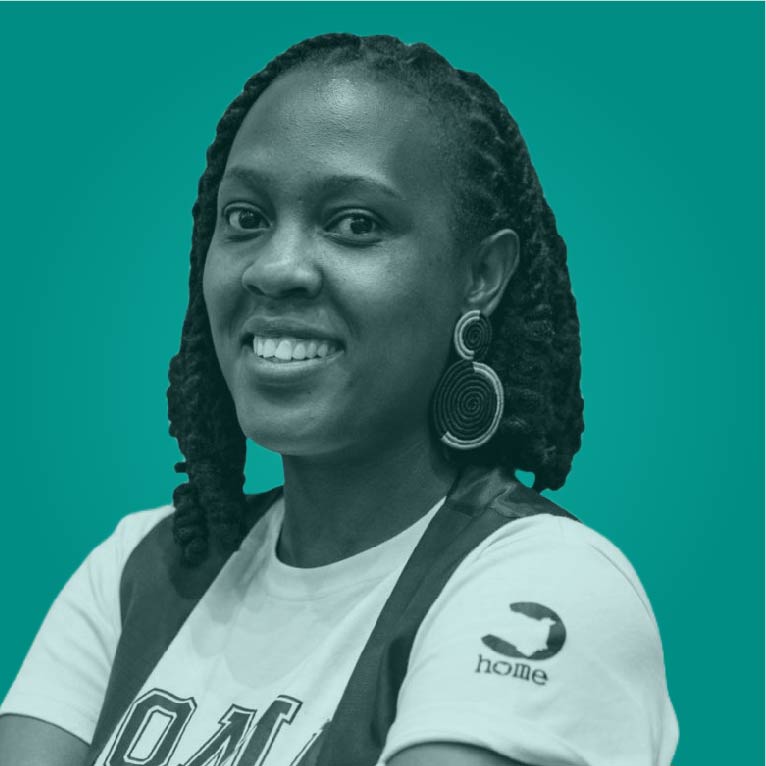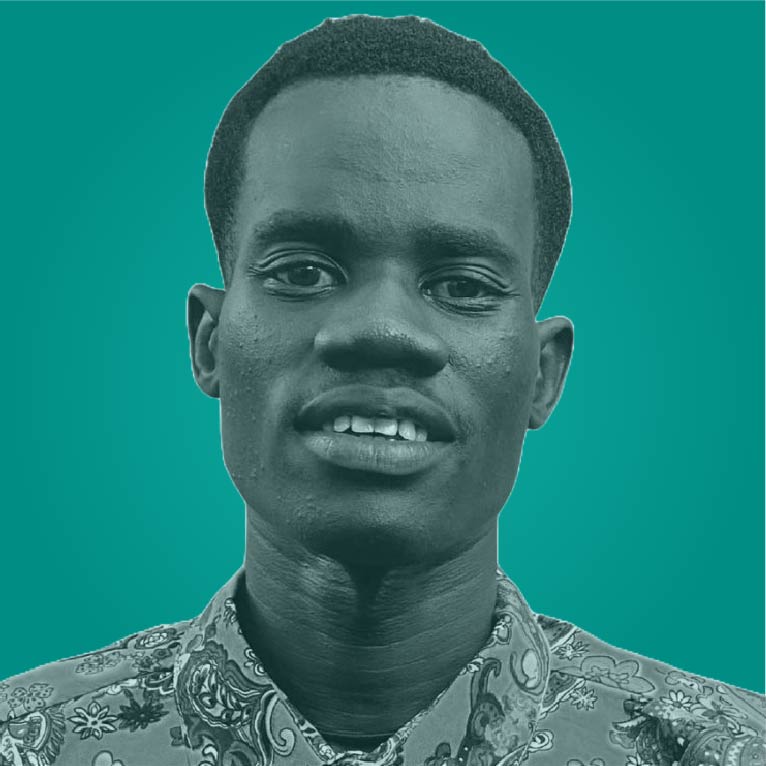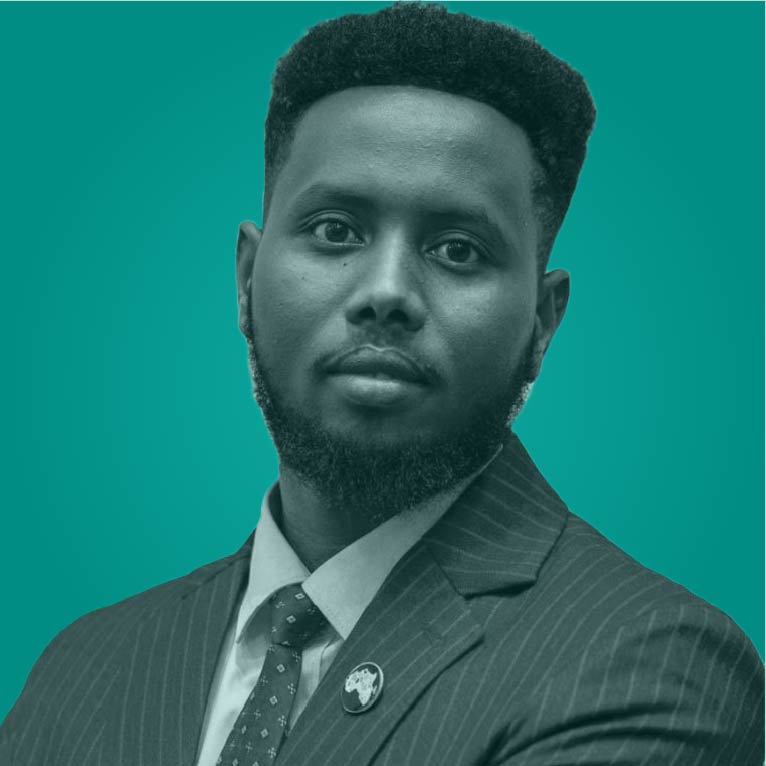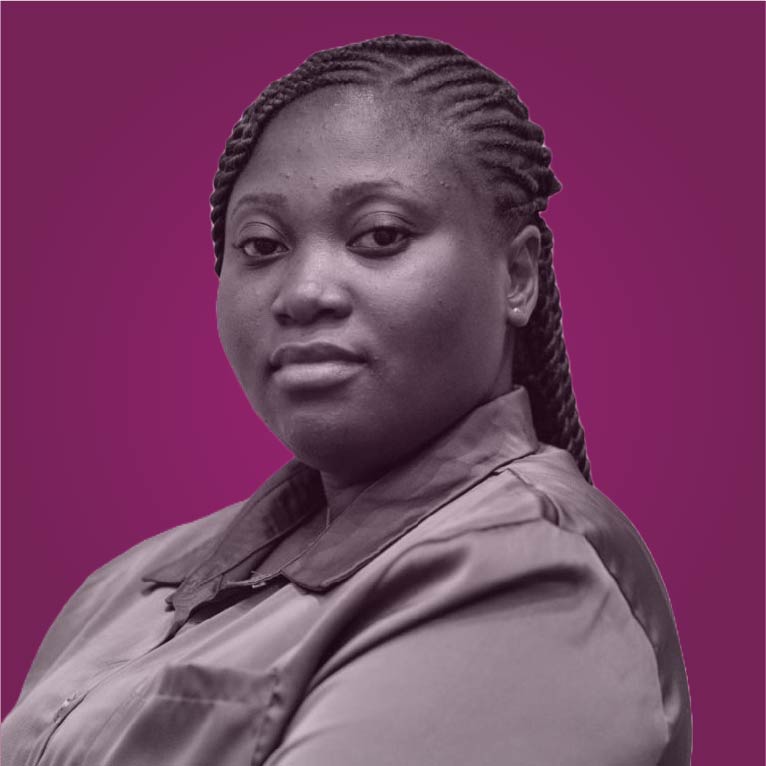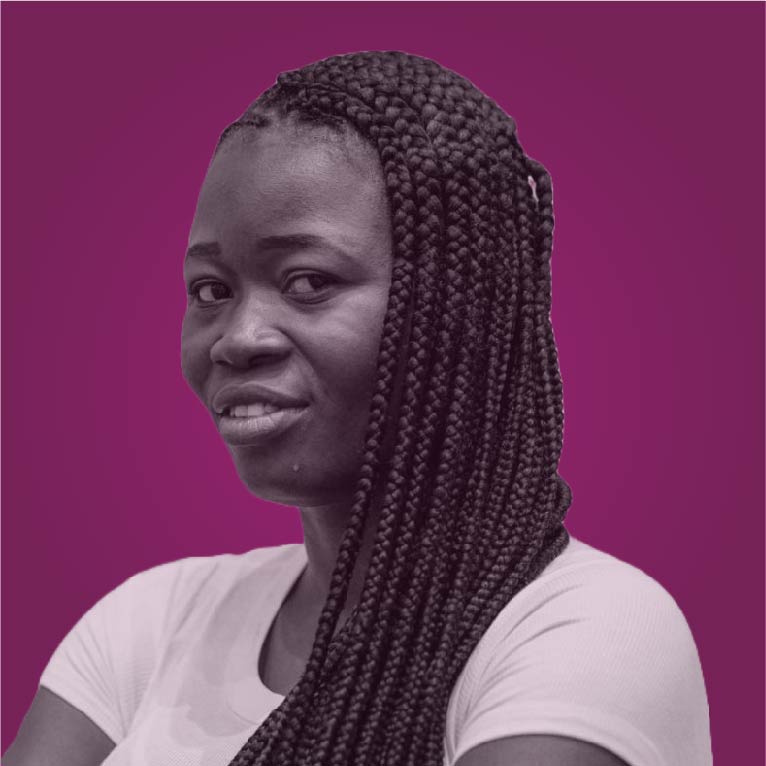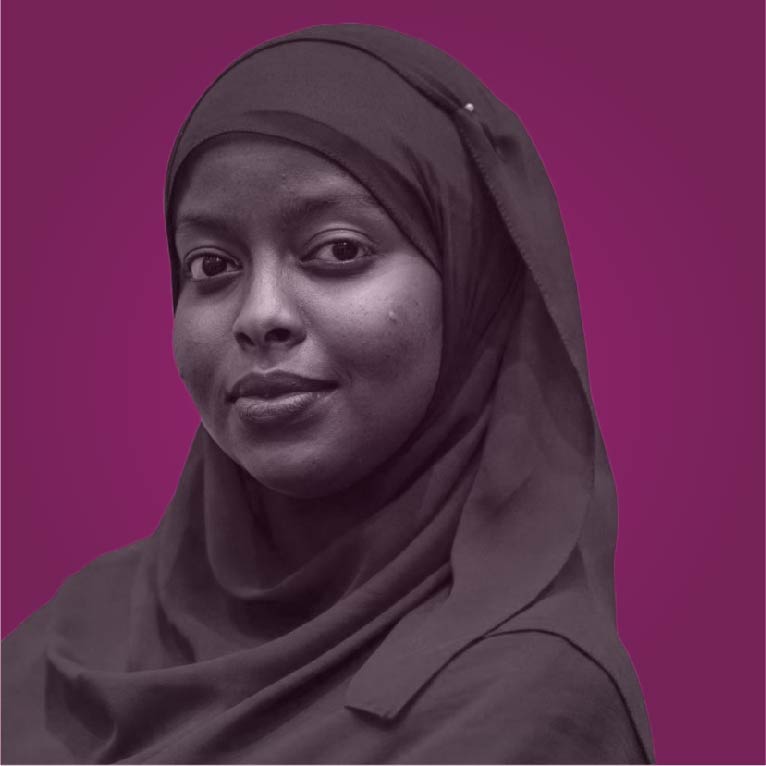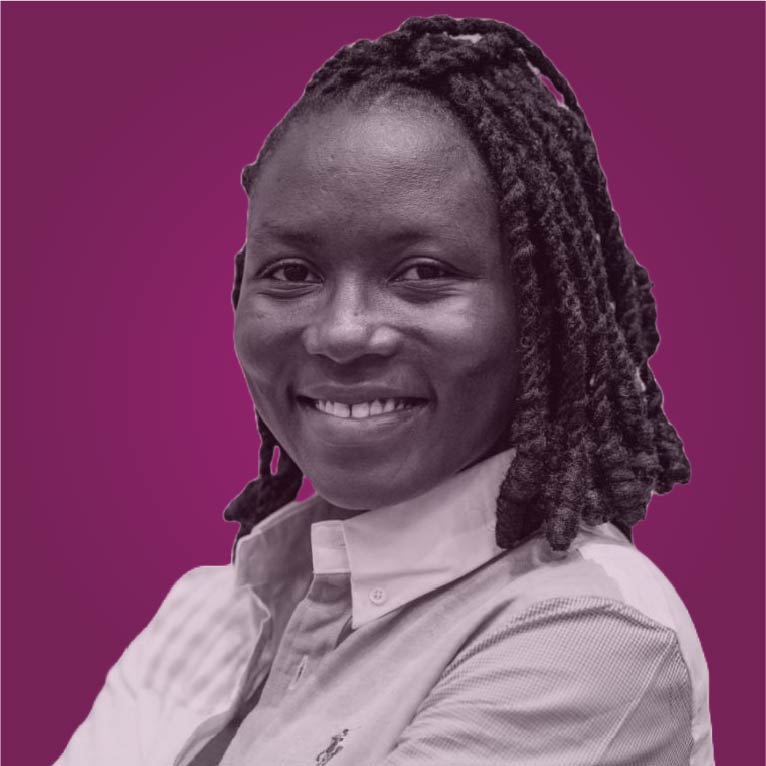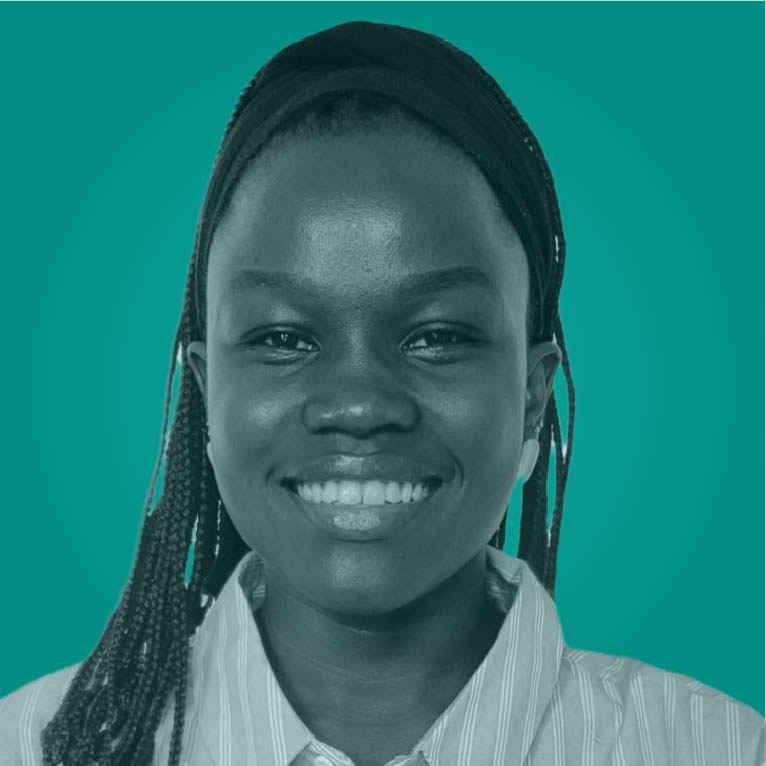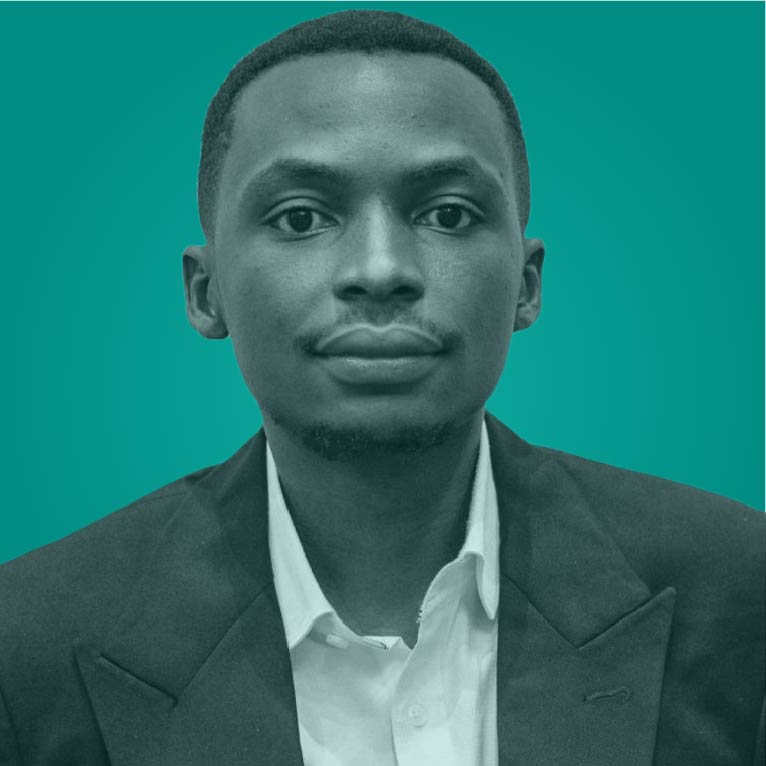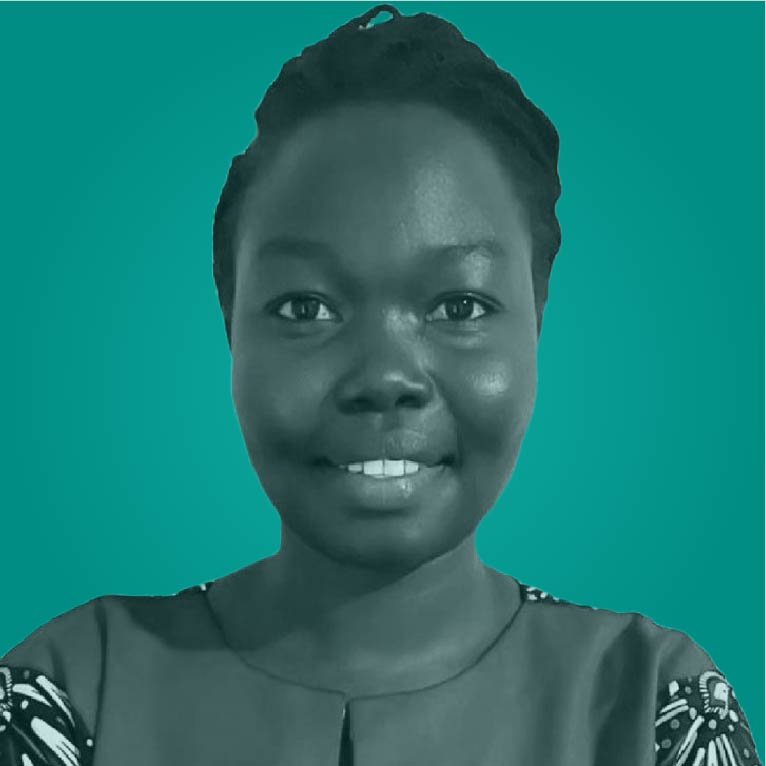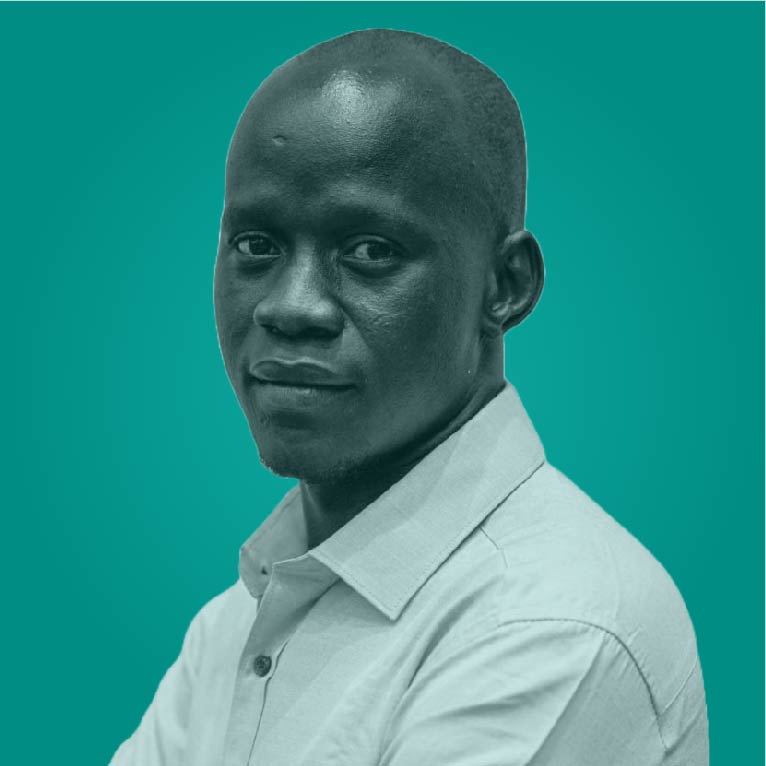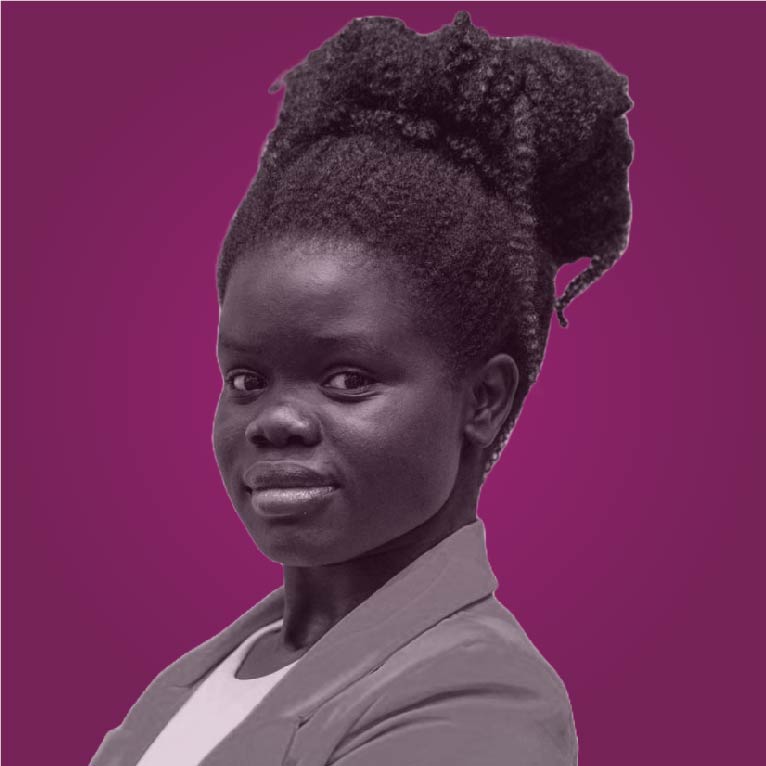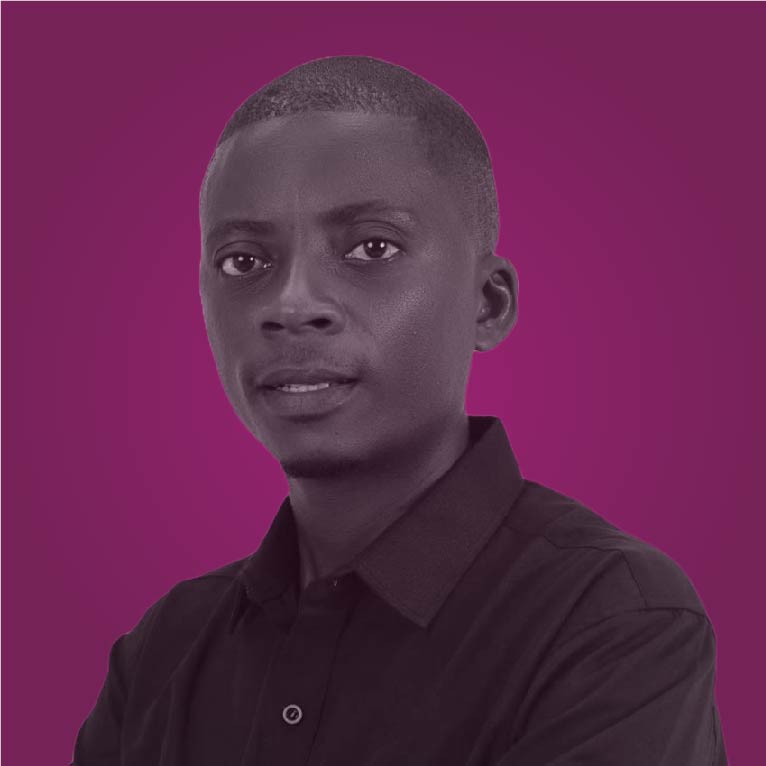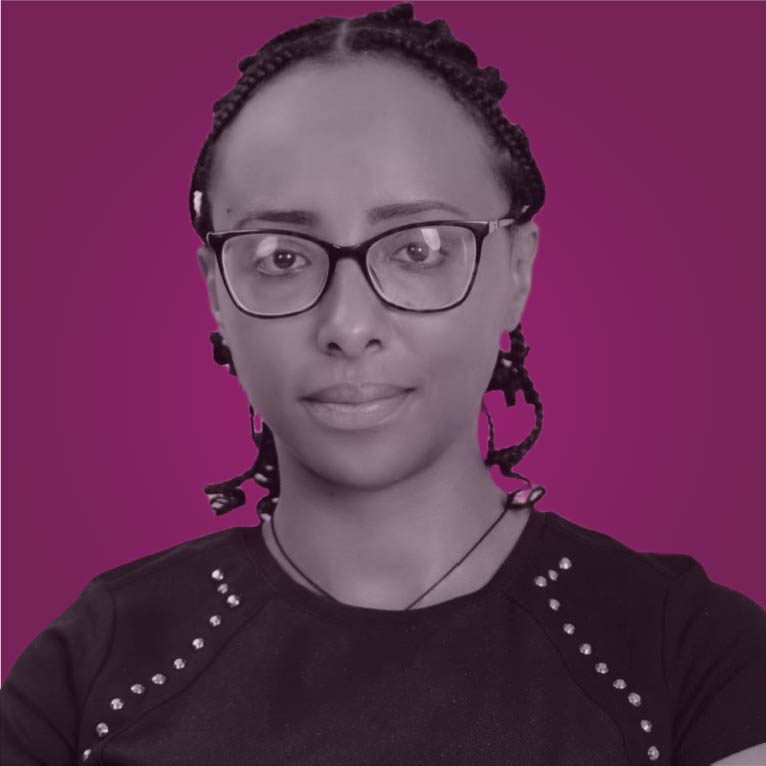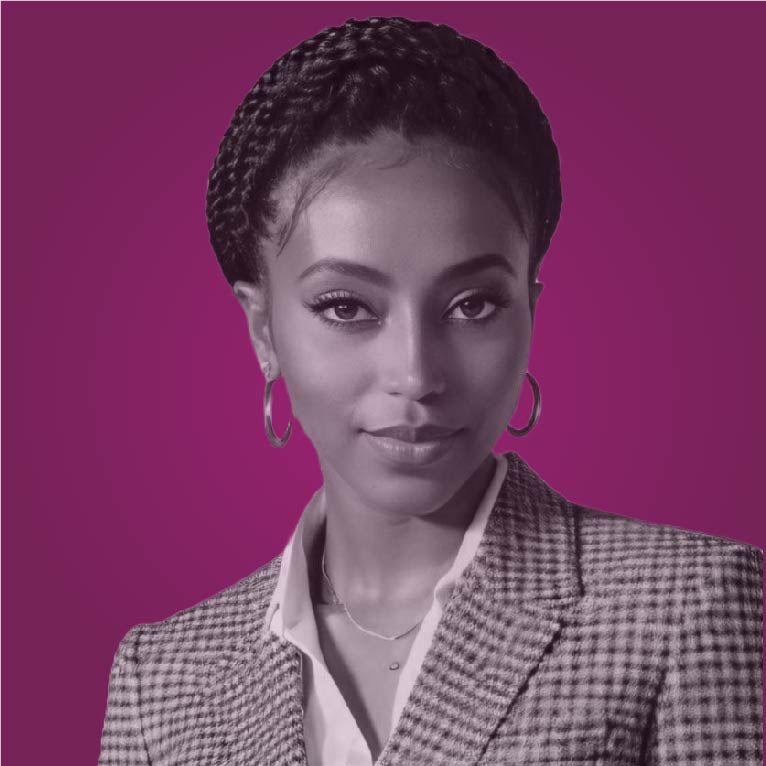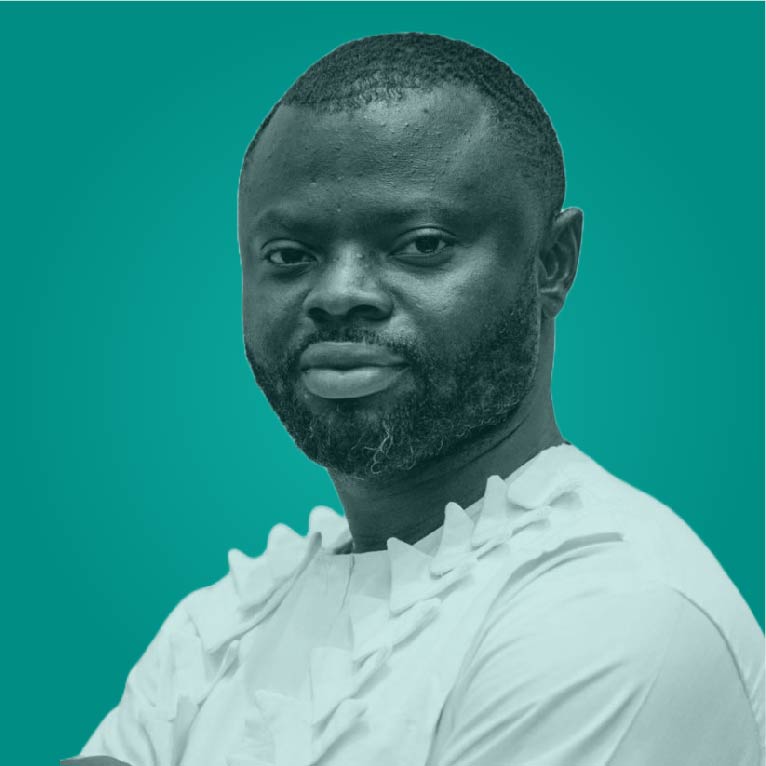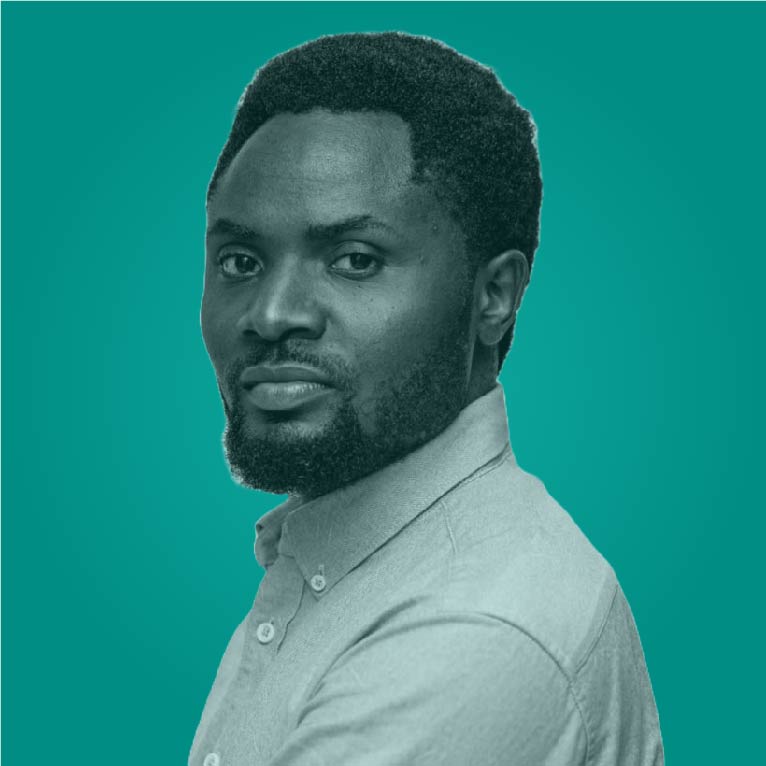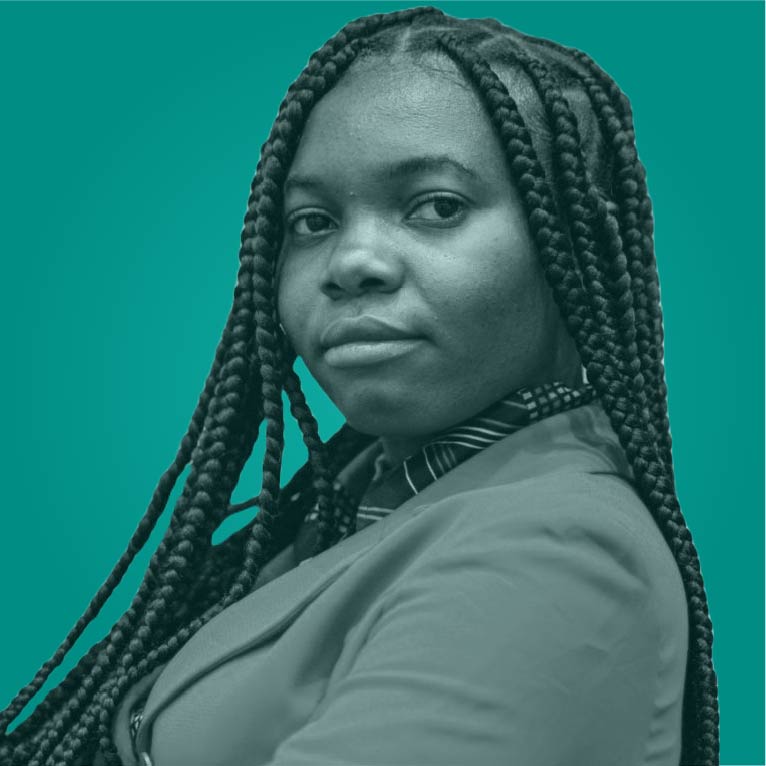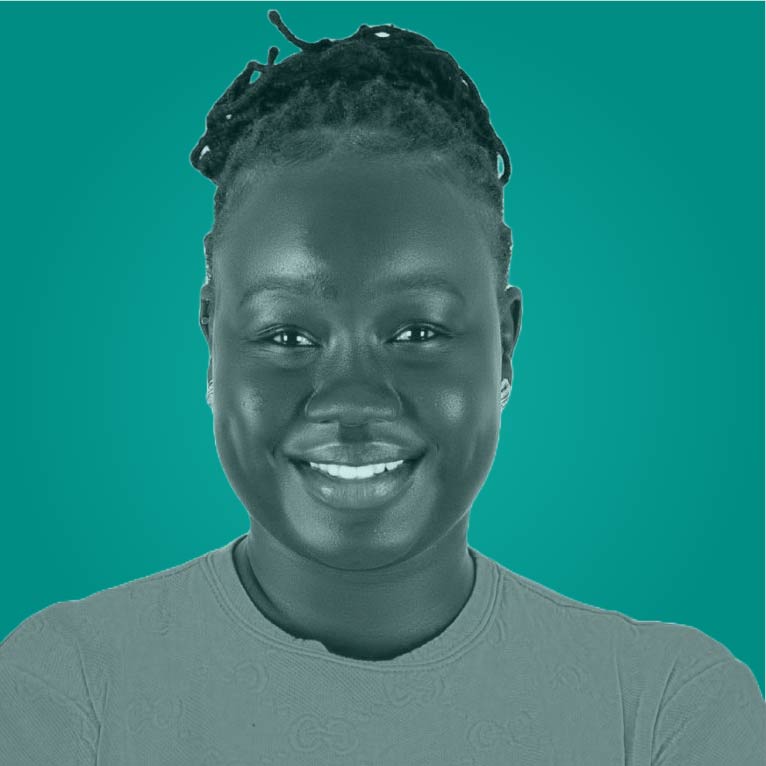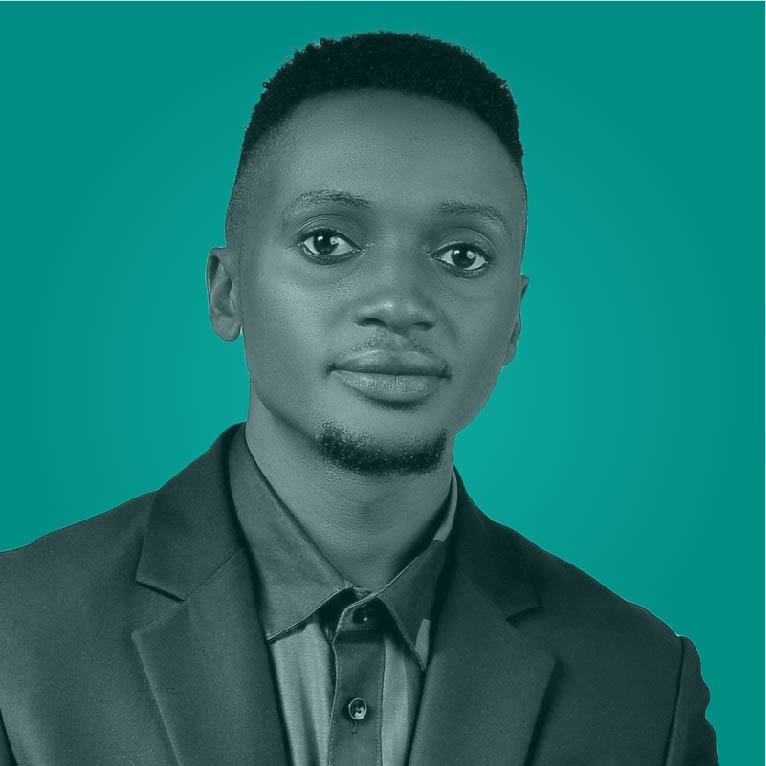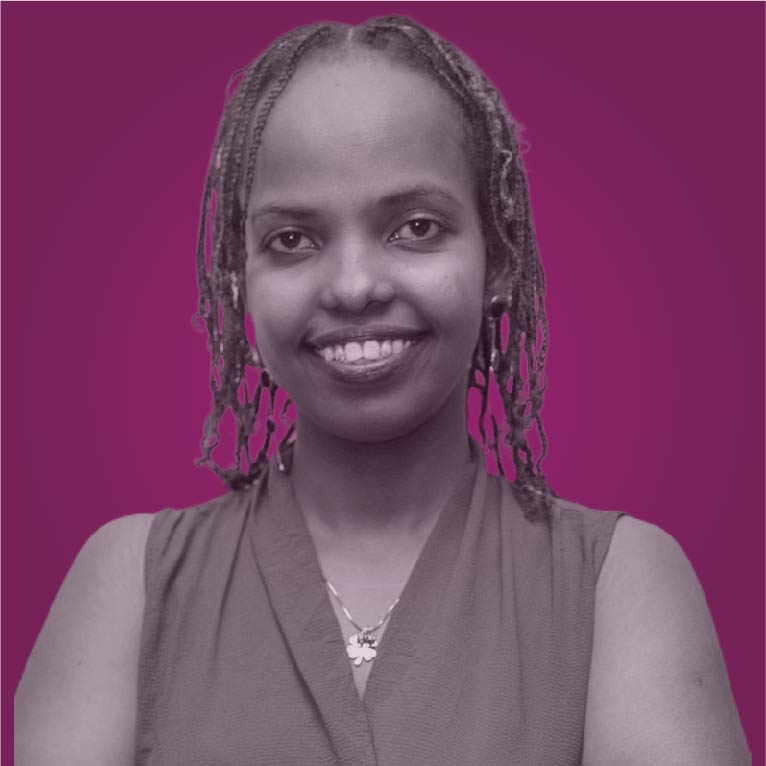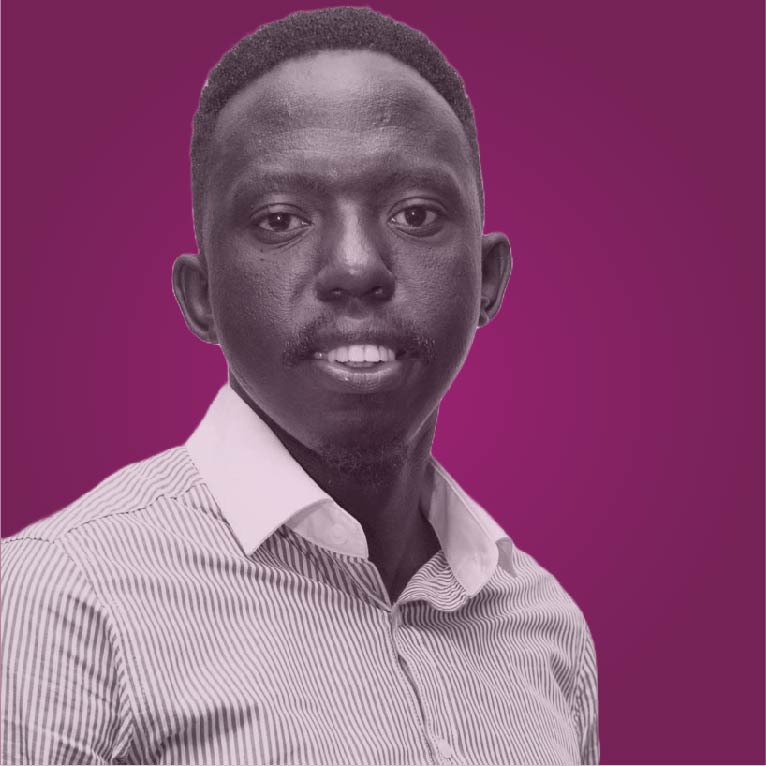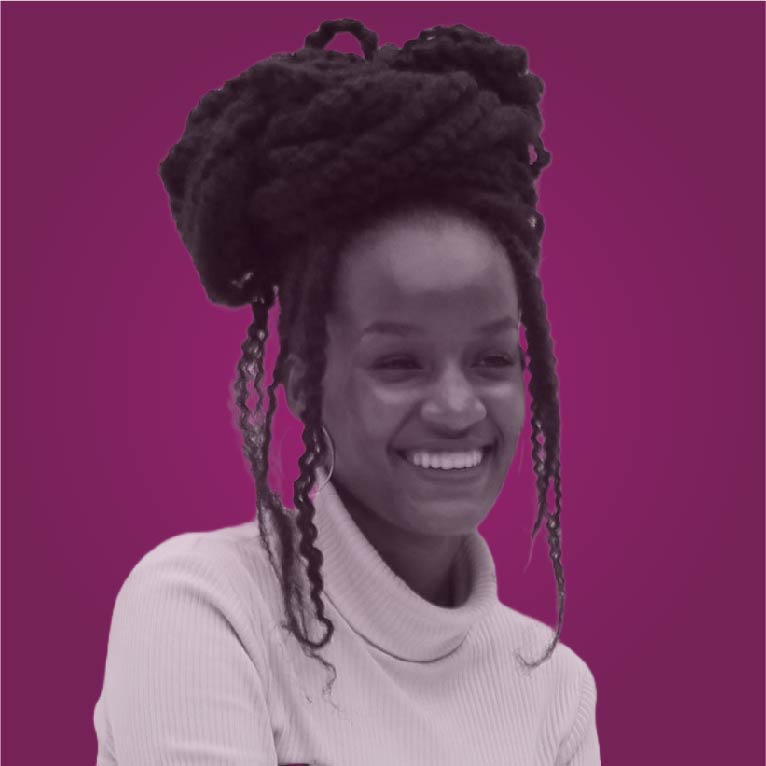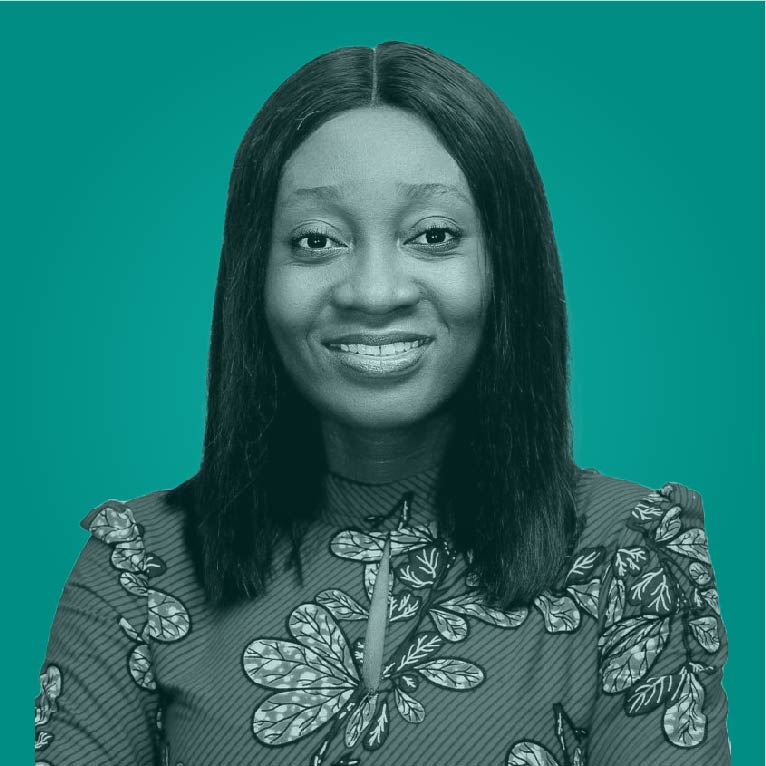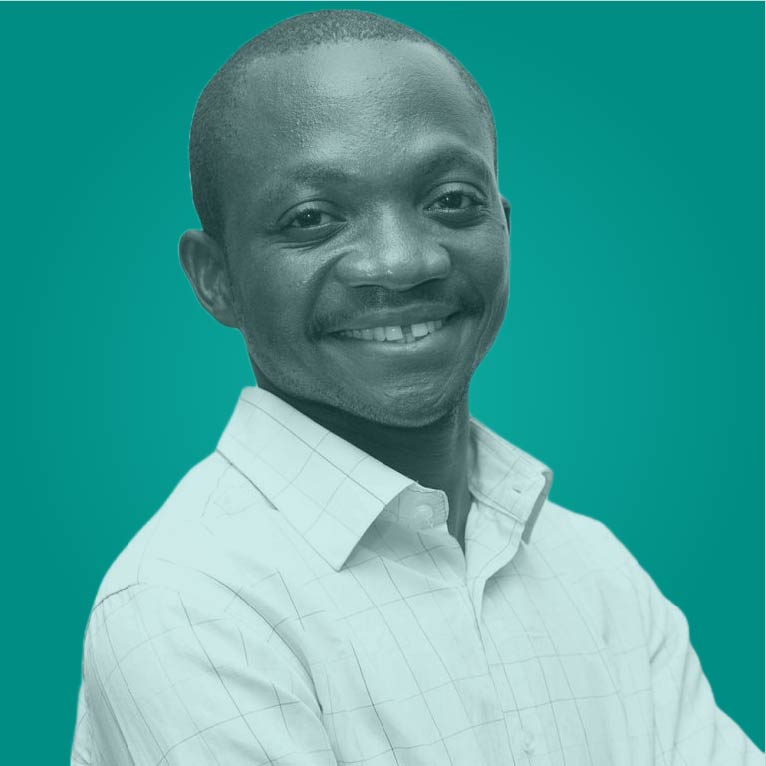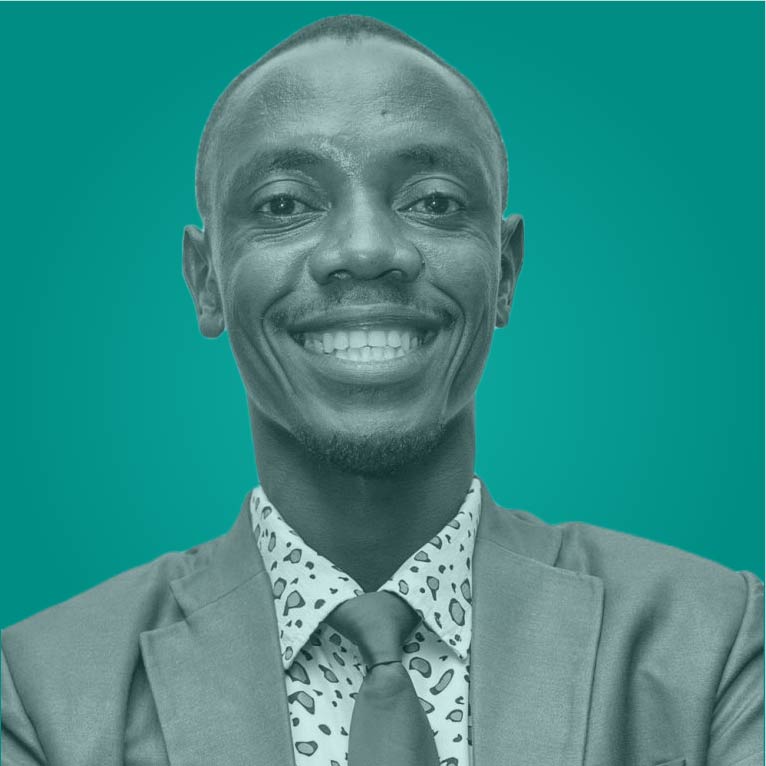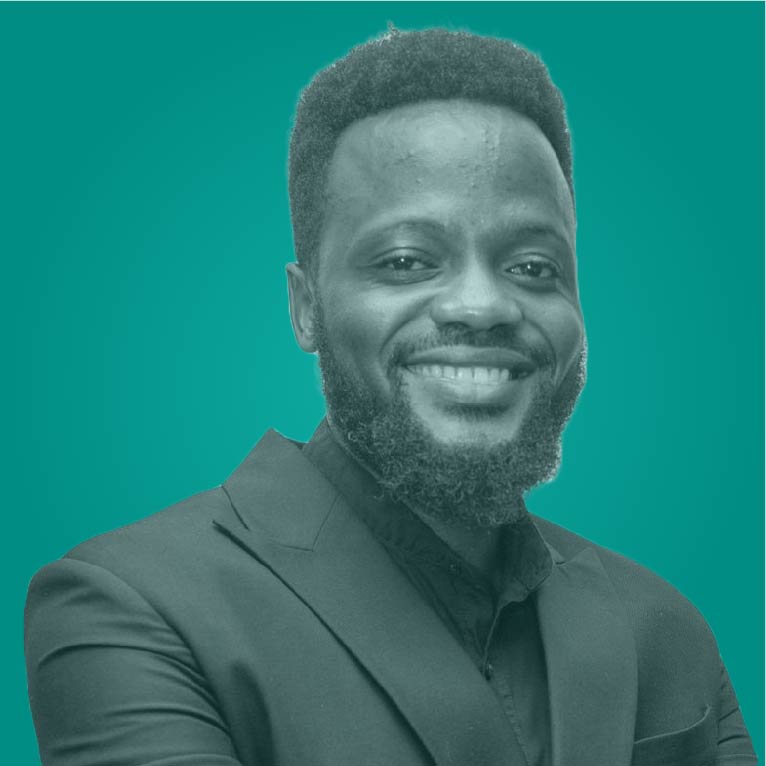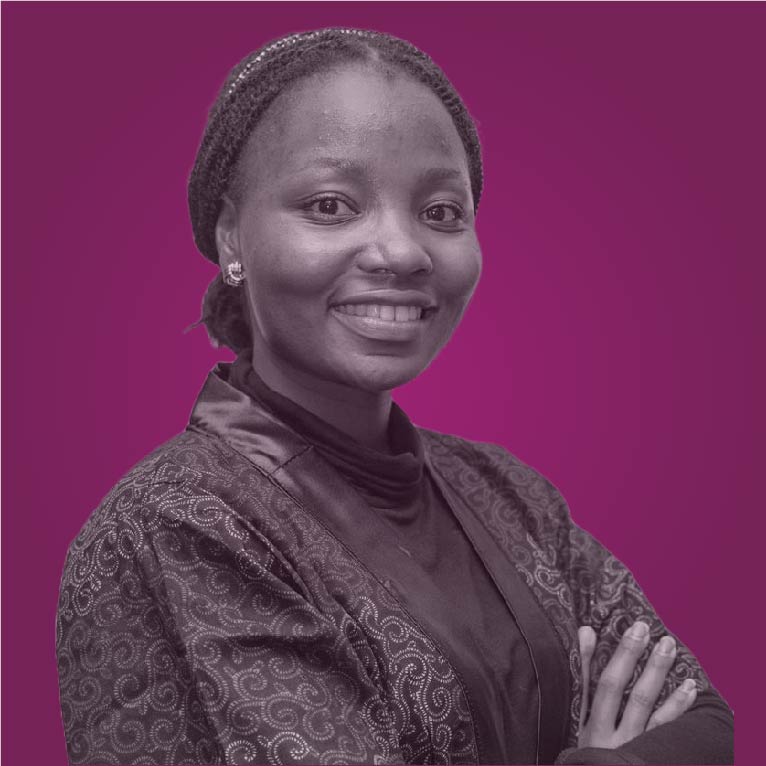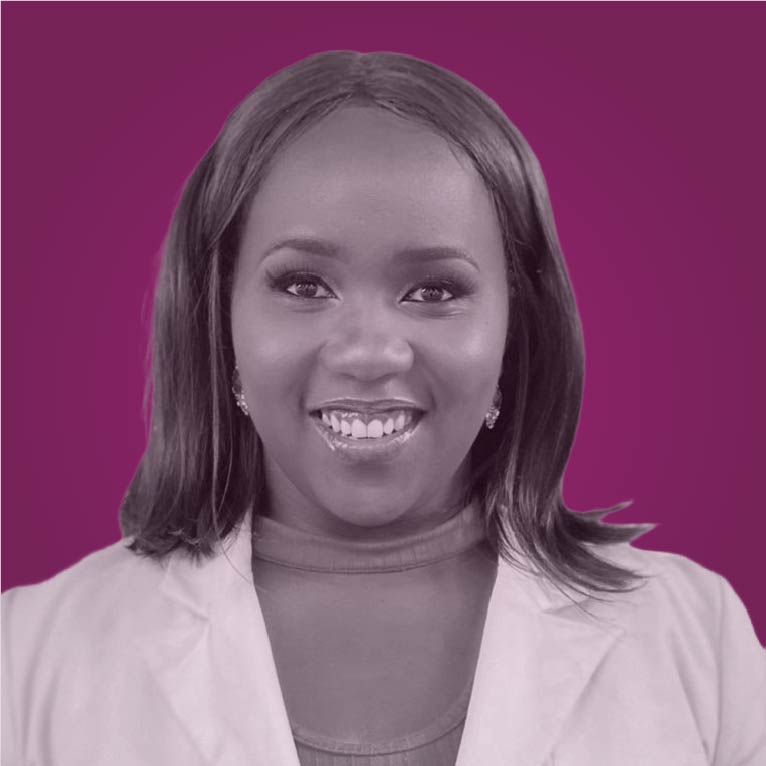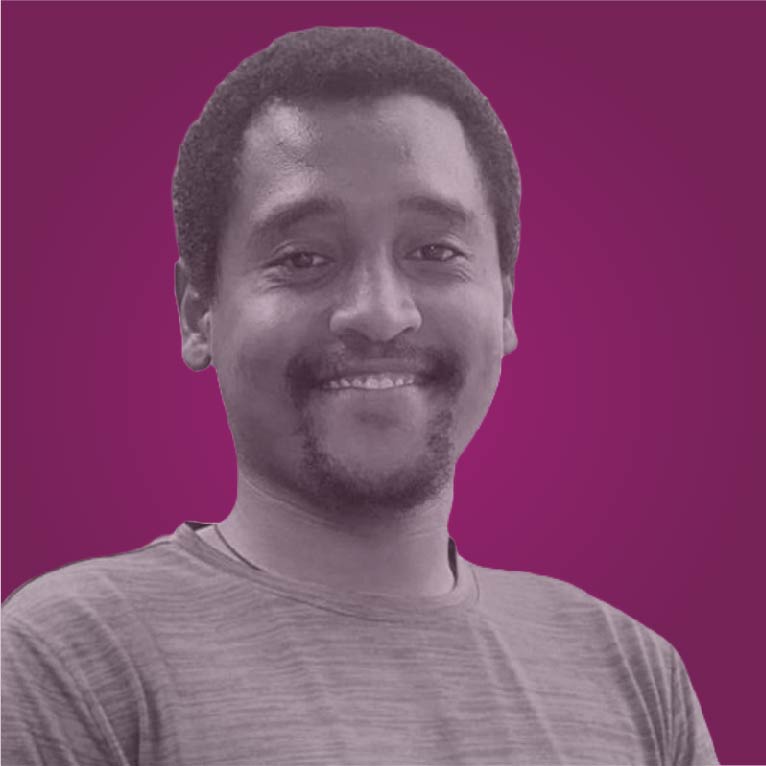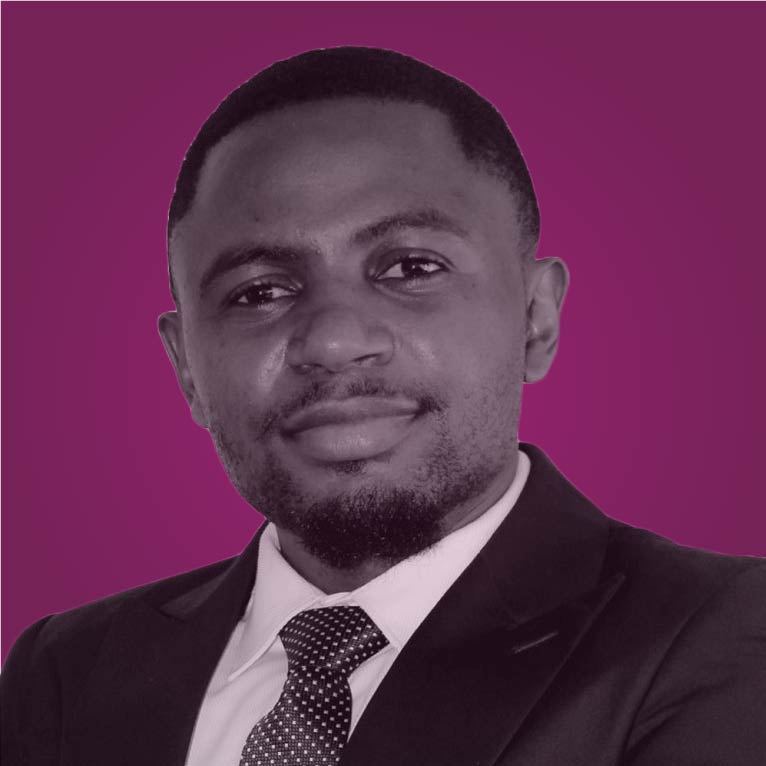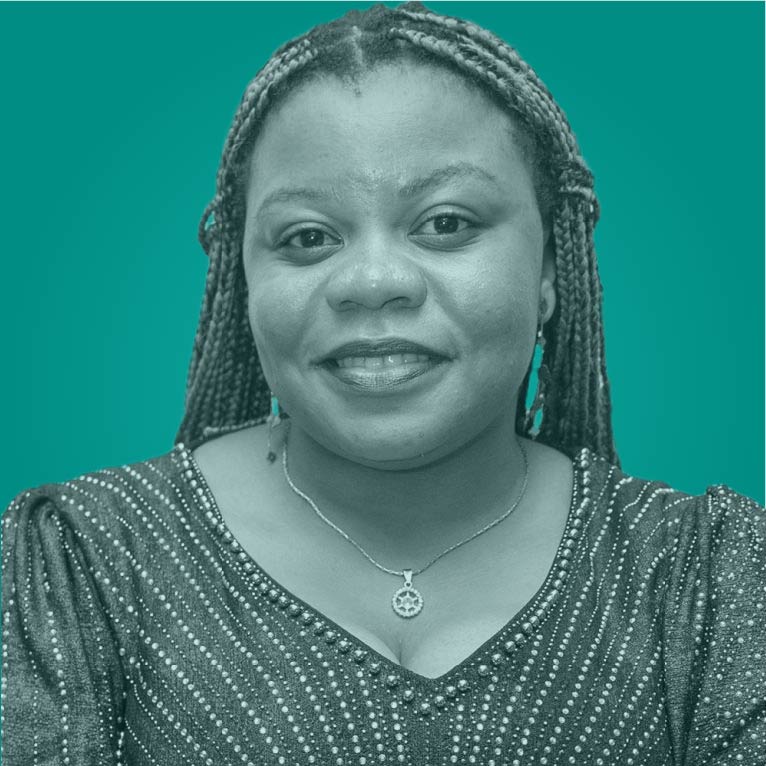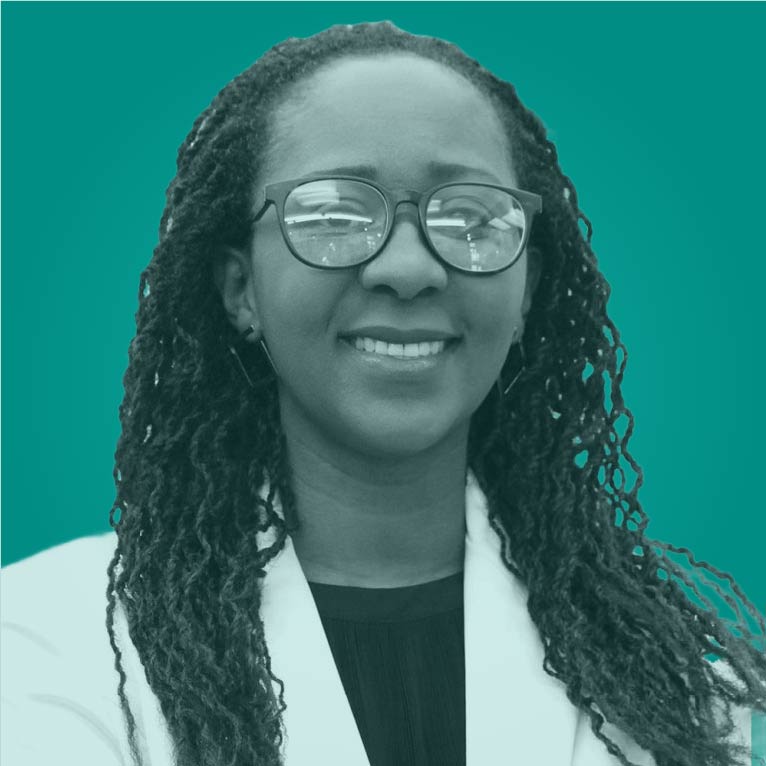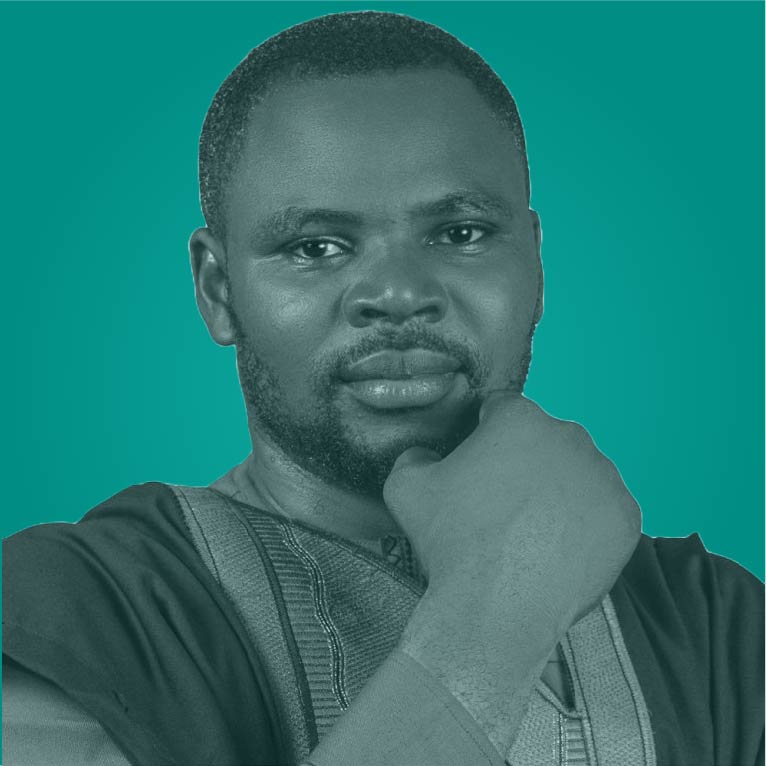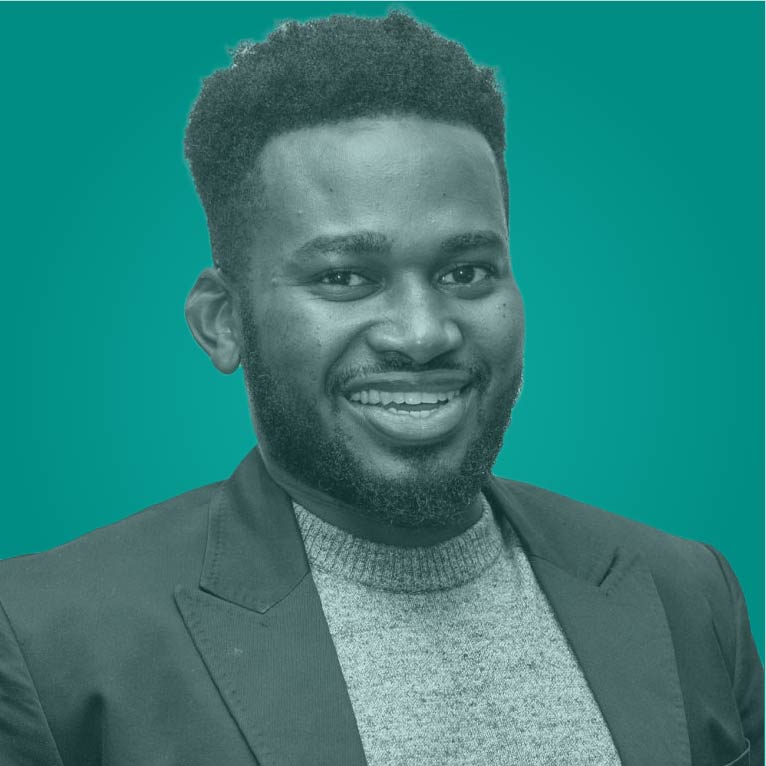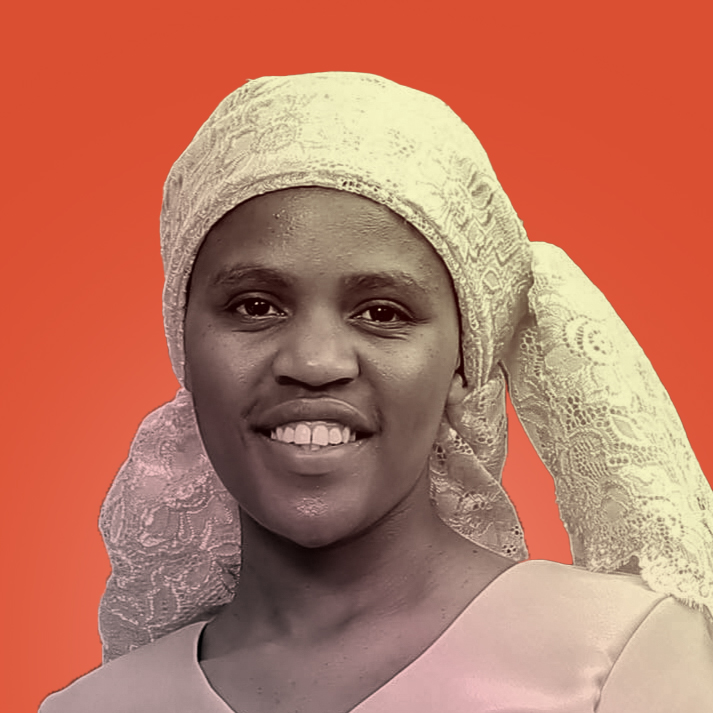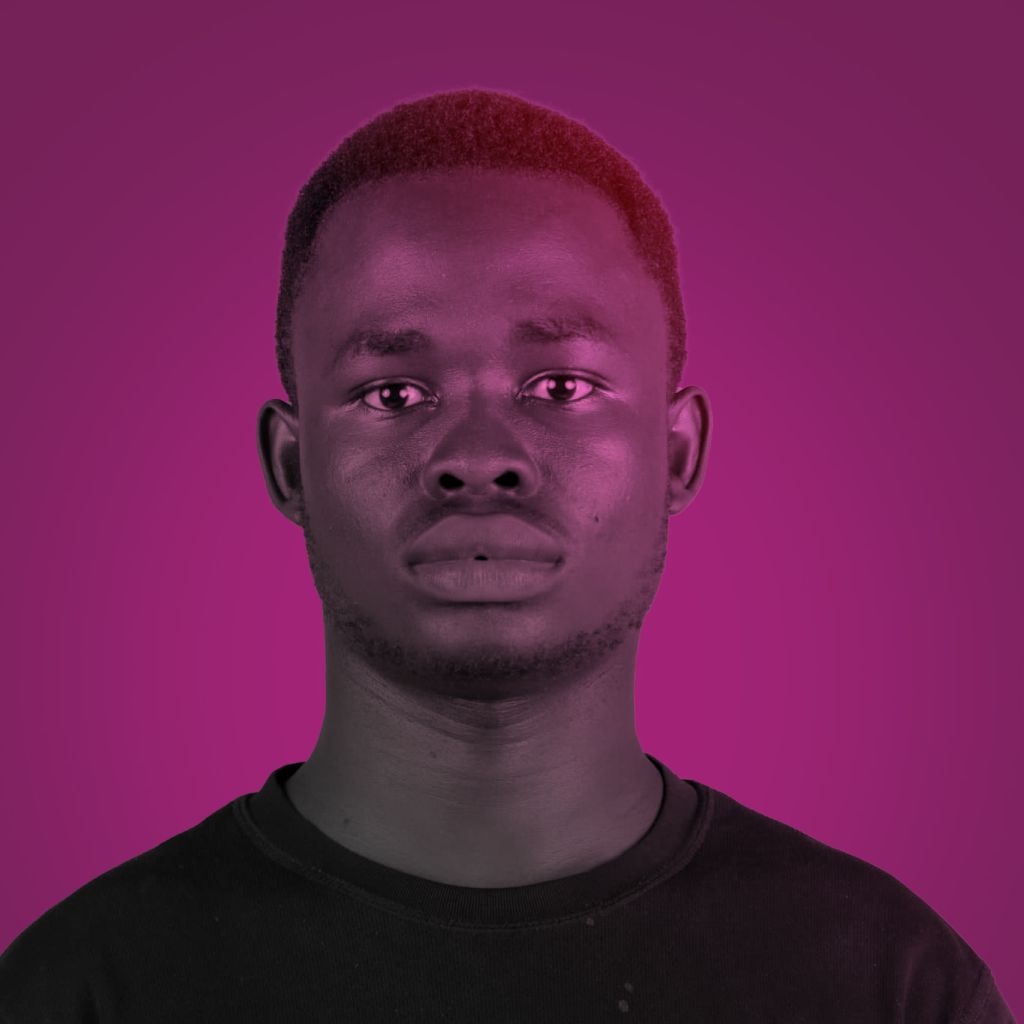
At the height of the COVID-19 pandemic, Gloria Asiimwe found herself grappling with a major challenge of marginalization. Without access to affordable childcare during the lockdowns, she struggled to stay employed. She couldn’t leave her baby with strangers, having seen countless news stories about nannies mistreating children. So, she carried her child with her to every job, often pleading with employers to allow her to work with her daughter in tow. Sometimes they agreed. Often, they did not.
This personal crisis began to crystallize into a collective vision as Gloria realized she wasn’t the only woman trapped by the dual demands of caregiving and survival. She imagined a space where women like her could work, learn, and grow while their children were safe and cared for nearby.
Gloria’s journey of resilience began much earlier than this. In 2003, as a seven-year-old girl, she fled the Democratic Republic of Congo with her family, escaping a tribal war that nearly wiped out their extended family. They lost everything, property, community, and a sense of home. Arriving in Uganda with nothing but the trauma of what they had endured, starting over wasn’t a choice; it was the only path forward.
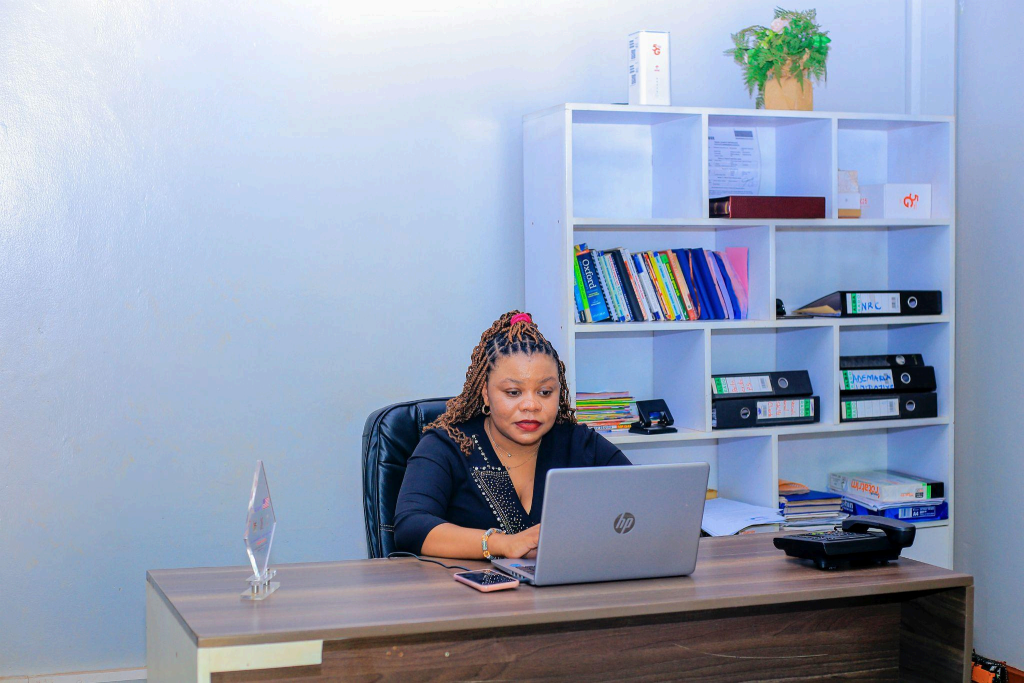
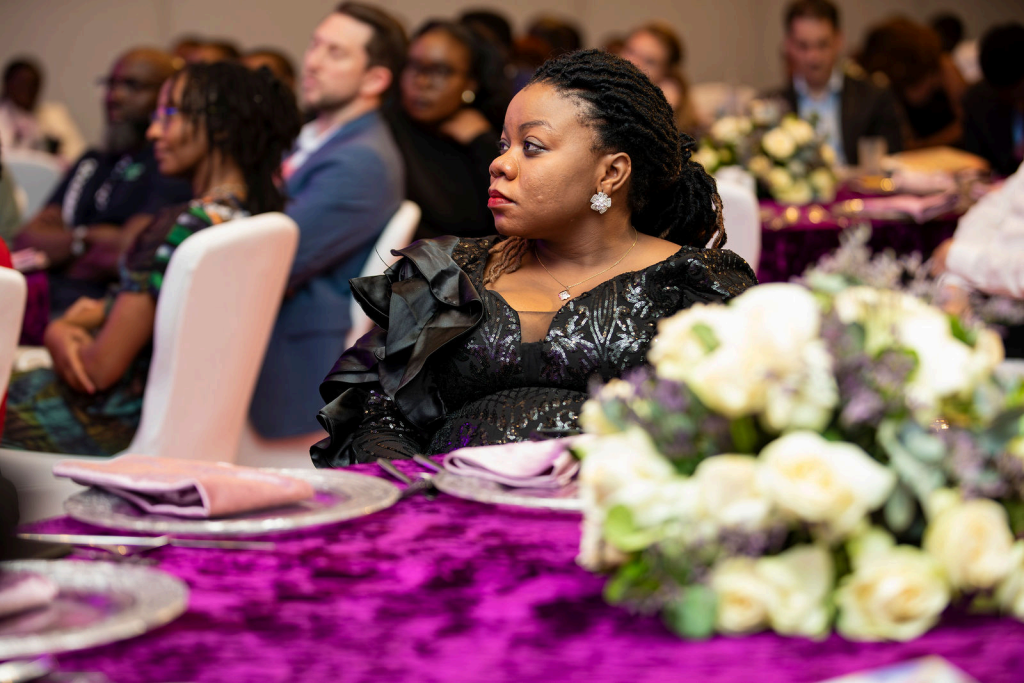
I didn’t give up. I couldn’t
Gloria Asiimwe
Uganda offered safety, but not familiarity. Gloria faced a language barrier that left her isolated. English was foreign, she could neither speak nor write it. But her resolve pushed her to read everything she could, translating words between French and English. Slowly, she reconstructed her voice in a new language. Within a short time, she rose to the top of her class. Eventually, she became head girl at her school, a role she earned after failing to win votes the first time because she couldn’t yet express herself in English.
That same resolve led her to start the Ademaria Initiative. Using her own salary savings, Gloria launched the refugee-led organization in Uganda, which provides early childhood education for children while offering mothers vocational training in hairdressing, tailoring, soap-making, and financial literacy. The two-generation model is deeply personal to her.
“A woman’s mind is always on her child,” she explains. “You can’t expect her to thrive if her child isn’t safe. That’s why our programs support both.”
She’s seen the power of this model firsthand through the transformation of Agide, one of the women in the Ademaria Initiative. When Agide joined, she had only one child and no income, fully reliant on her husband. Over time, she trained in hairdressing and tailoring, joined the savings group, and began setting aside money from her daily household allowance. From these small savings, she started a kiosk that has now grown—and she is currently saving to build a home for her family.
“Agide’s transformation is proof of what we can do together,” Gloria says.
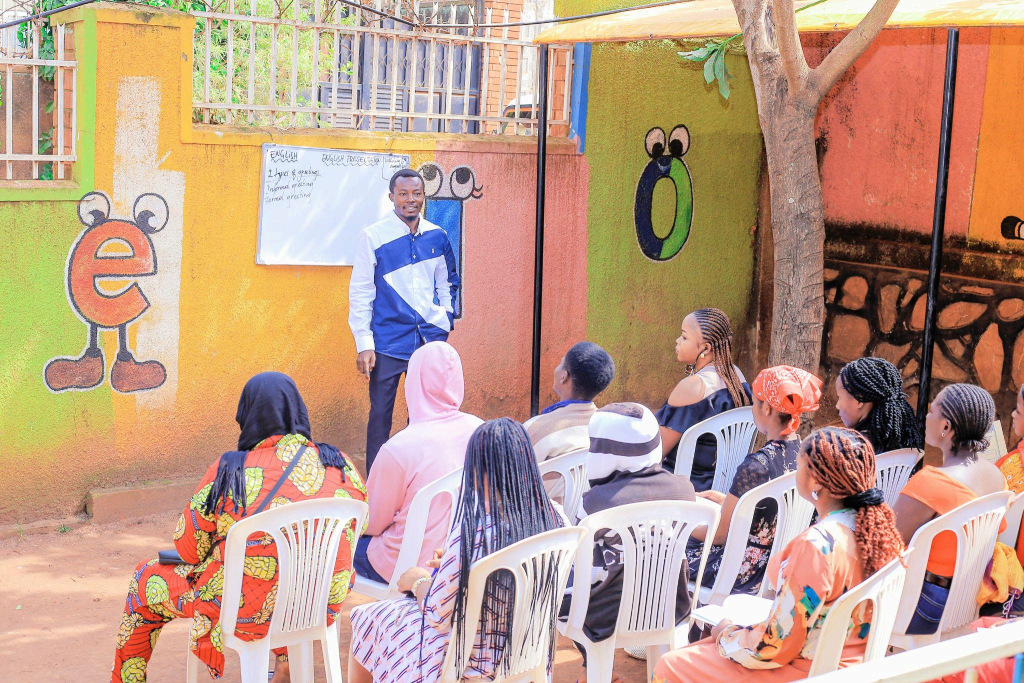
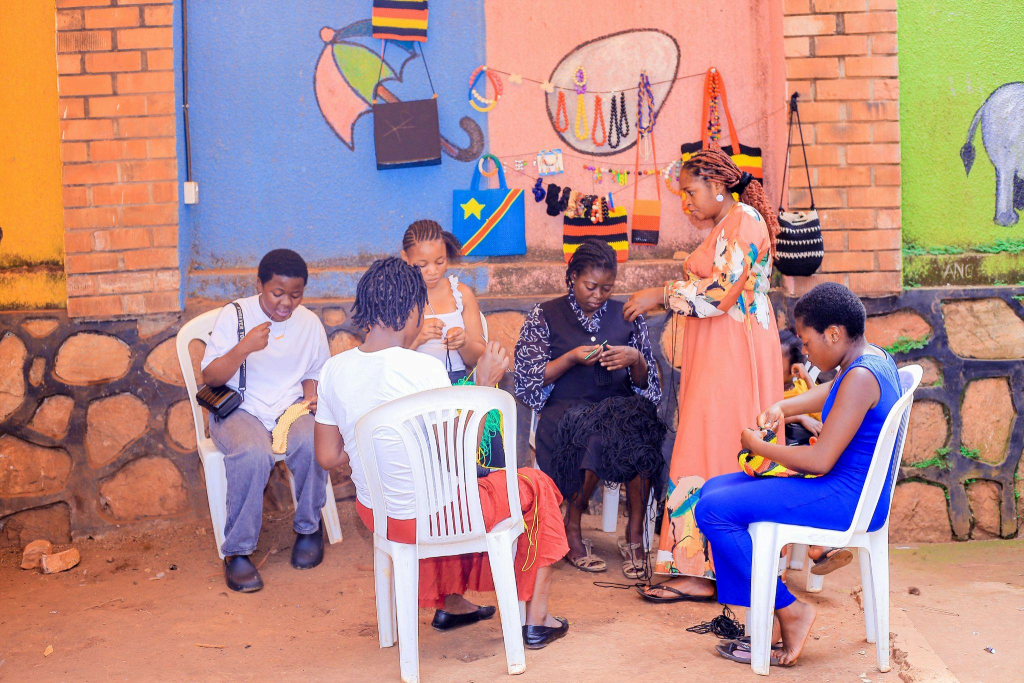
In 2023, Gloria joined the Amahoro Fellowship, which she credits with expanding both her mindset and her skill set. Through the fellowship, she was introduced to human-centered program design and business model development.
“Before, we used to implement ideas based on our assumptions. Now, we co-create with the community, and it has made all the difference,” she reflects.
With Amahoro’s support, the initiative has grown significantly: impacting over 70 women and 60 children, registering as an NGO, launching a website, and hiring staff. Yet for Gloria, this is only the beginning. To her, success is when a woman becomes economically self-reliant; it is when a child who starts with them completes primary school and goes on to secondary school. That is the future she is building toward.
But Gloria’s ambitions stretch beyond administration. She dreams of building a permanent school structure and expanding Ademaria’s model to other regions, ensuring that many more women and children can find the same safety and opportunity she once dreamed of.
